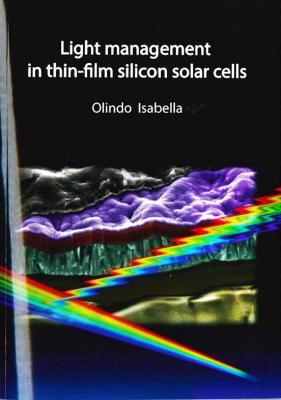News database:
Prof. Ronald Dekker (ECTM) receives royal honour for pioneering work in microelectronics
- Wednesday, 30 April 2025

Prof.dr.ir. Ronald Dekker, was appointed Knight of the Order of the Netherlands Lion on Friday April 25 during the ribbon-cutting ceremony in the municipality of Valkenswaard. Ronald receives the honour because of his exceptional role in the world of microelectronics and process technology.
Ronald Dekker is honoured for his outstanding personal achievements in his main position. After graduating from TU Eindhoven, his positions included Principal Scientist at Philips and part-time Professor at TU Delft, Faculty of EWI. Ronald has made a leading contribution to the development of microelectronics and process technology. The ribbon was requested by Ronald's former colleague at Philips, Sieger Swaving, and received a recommendation from Tim van der Hagen, rector magnificus of TU Delft.
With his deep technical expertise and rare talent for making complex concepts understandable, he knows how to inspire and enthuse not only peers but also policymakers and the general public about his vision for the future. As a bridge builder between industry, science and policy, Ronald has initiated and led several leading European projects. In doing so, he developed innovative technologies with great social relevance and lasting impact. His work resulted not only in technological breakthroughs but also in the creation of new companies. Moreover, he has mentored numerous young scientists and helped them launch their careers. Ronald Dekker has left a lasting mark on the future of technology and healthcare with his work.

National Scalable Atomic Processing Line (SAP-NL) consortium project led by Sten Vollebregt gets funded
- Wednesday, 30 April 2025

Dr.ir. Sten Vollebregt, of TU Delft's Faculty of Electrical Engineering, Mathematics and Computer Science, has received a substantial grant from the Dutch Research Council (NWO) for his consortium project National Scalable Atomic Processing Line (SAP-NL). The project aims to develop a national facility for large-scale atomic fabrication. As part of the call ‘Research infrastructure: national consortia (RI:NC)’, NWO is investing over 21 million euros in projects for innovative scientific infrastructure.
National facility for scalable atomic fabrication
Materials innovation is essential in solving our society's challenges, such as energy transition and further digitalization. Think about developing faster and more energy-efficient chips, better batteries, solar panels and communication networks. “We are at the point where we can build materials atom layer by atom layer,” explains Associate Professor dr.ir. Sten Vollebregt. This results in materials with properties specifically tailored to the application or that do not occur in nature.
“The materials we focus on are 2D materials, thin-film wide-bandgap semiconductors, and heterojunctions of these materials,” explains Sten. The fabrication of these materials must be done under a protected environment because surface contamination degrades material properties. Therefore, the goal of this project is to establish a national infrastructure for atomic fabrication that makes this possible AND in an industrially scalable manner. “As far as we know, this facility is unique in the world,” Sten enthuses. “After its realization, the infrastructure will become part of NanoLabNL.”
More ...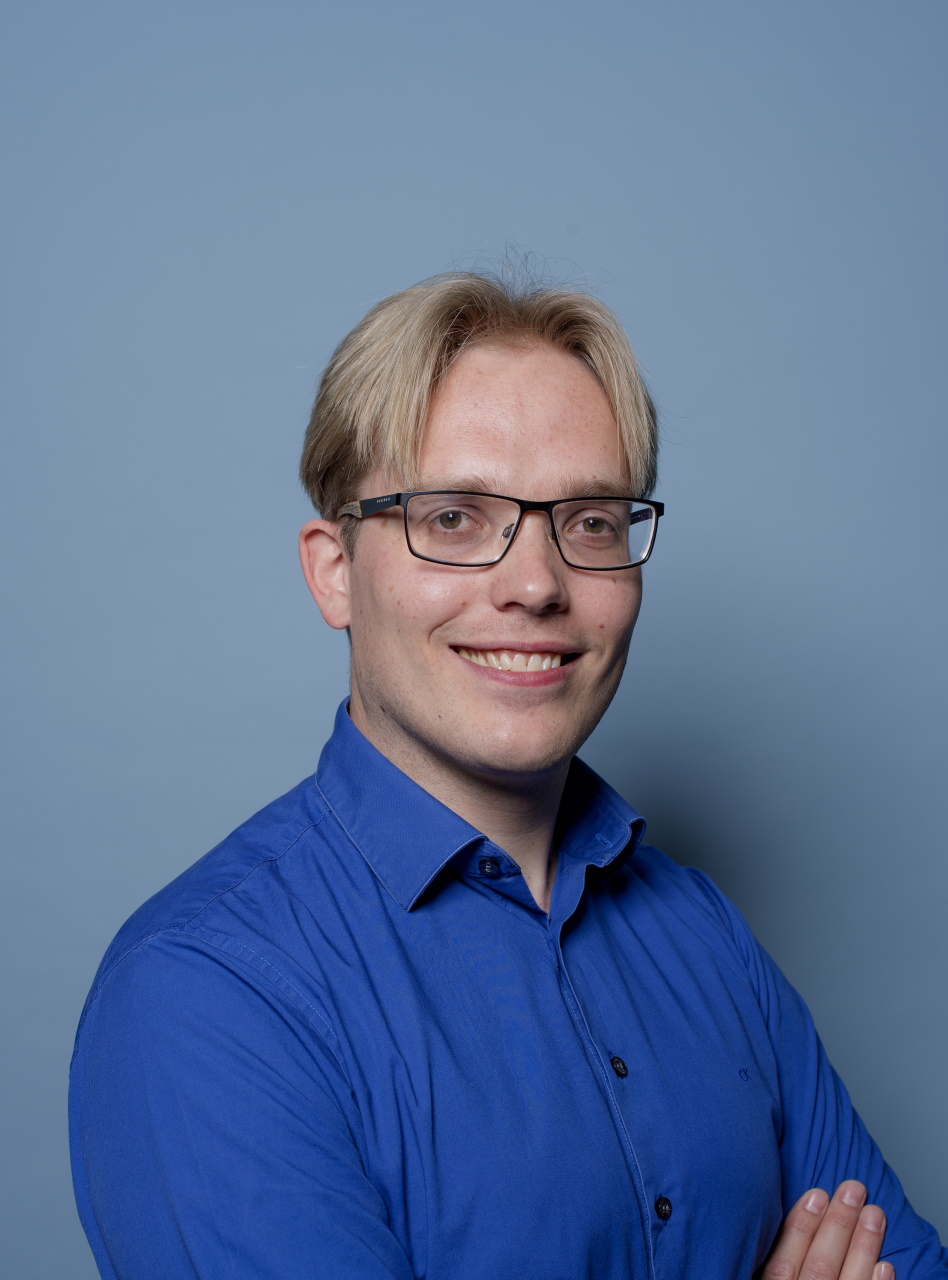
Best Poster awards at Microelectronic Research Day 2025
- Wednesday, 29 January 2025

With over 250 participants in a gorgeus location for a thriving community, we can look back on a very successful second edition of our Microelectronics Research day!
The day started with a plenary talk by Chris van Hoof (imec, Belgium) and continued invited talks by George Malliaras (Cambridge University, UK), Michael Mihotek (Infineon, Germany) and Stefan Wunderer (Nokia, Germany), as well and in particular with two poster sessions showing a selection of the research works of the department.
The day ended with the presentation of the Best Poster Awards. Out of a total of 90 posters, the 3 posters were selected by popular vote.
The winners of 2025 are: Vasiliki Zacharia for theme Health and Wellbeing ("Rethinking Cancer Treatment: A Cancer-on-a-Chip device for Personalized Medicine"), Feza Turgay Celik for theme Next-Generation Sensing and Communication ("CoolAnt: Integrated antenna design and cooling concepts in phased arrays"), and Mudassir Husain for theme Autonomous Sensor Systems ("Eco-Friendly Functionalization of Graphene via Spark Ablation for Enhanced Gas Sensing Applications"). Congratulations to the winners!
We will be looking forward to the next edition of the Microelectronics Research Day in 2026!

IEEE 74th ECTC Intel Best Student Paper Award granted to Yaqian Zhang
- Tuesday, 7 January 2025
We are happy to announce that Yaqian Zhang, PhD researcher in our group, has been awarded the IEEE 74th ECTC Intel Best Student Paper Award for her paper titled In Situ Analysis of Copper Microstructures in Electromigration Using SEM-EBSD Techniques.
Electromigration is one of the most important failure mechanisms in integrated circuits. In this paper, in-situ Scanning Electron Microscopy (SEM) with Electron Backscatter Diffraction (EBSD) was used to study the impact of electromigration on the microstructure of copper lines. The paper demonstrates that the microstructure plays a critical role in the electromigration resistance and could be improved by annealing the copper interconnect. These findings show the potential of the technique used and help in obtaining a better understanding in electromigration in interconnects.
More ...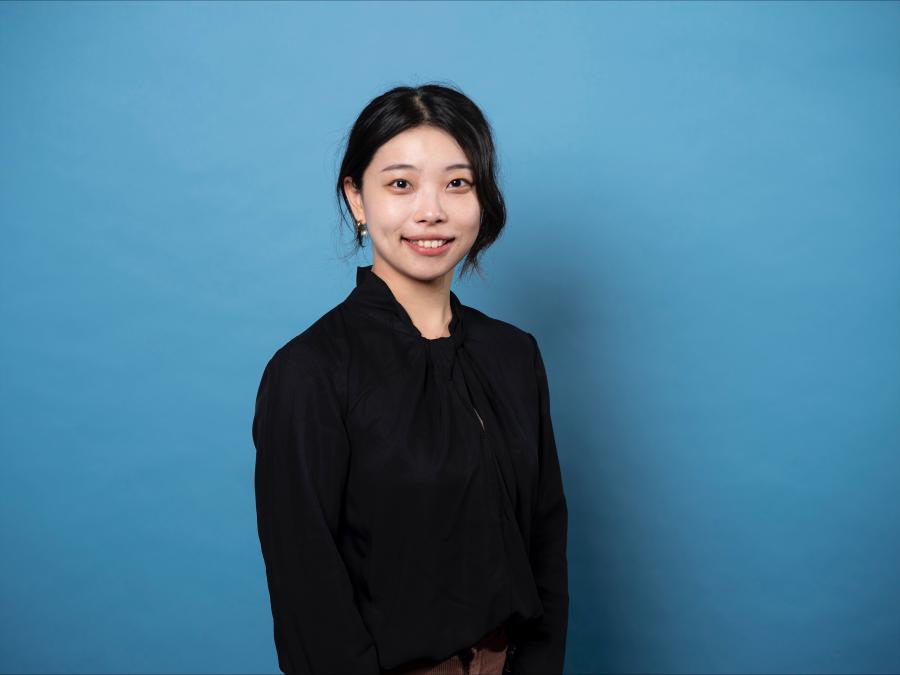
Graphene; twenty-year-old wonder material
- Wednesday, 22 May 2024

Fifteen years ago, the ultra-thin material graphene became a hype. Millions were invested and
thousands of scientific publications appeared every year. Where is the graphene research going now? Where are the promising applications, such as rollable screens and more efficient computer chips?
Full article (in Dutch), NRC
More ...

Xinrui Ji and Xiao Hu Won IEEE ECTC Student Travel Grants
- Tuesday, 21 May 2024
ECTM PhD researchers Xinrui Ji and Xiao Hu received ECTC’s Student Travel Grants in recognition of the excellent quality of their submitted papers. Xinrui's paper is entitled "20um Pitch Cu-to-Cu Flip-Chip Bonding Through Cu Nanoparticles Sintering", and Xiao's paper is "Investigation of the Sintering Dynamic of 100 nm Ag Nanoparticles via In Situ SEM Observation and Phase Field Simulation". The grant applies to actual travel expenses, including airfare, hotel, and meals related to the conference. IEEE ECTC is the premier international conference on backend technologies, covering the complete value chain of the electronics packaging industry. The awards will be presented at the 2024 ECTC conference in Denver, Colorado, from May 28 - 31.

Professor P. M. Sarro elected as corresponding member of the Austrian Academy of Sciences
- Friday, 17 May 2024
On May 16-17, 2024 emeritus professor Paqualina M. Sarro was elected in the Austrian Academy of Sciences as corresponding member abroad of the Division of Mathematics and Natural Sciences.
The Learned Society, currently counting more than 770 renowned scientists from Austria and abroad, forms a cornerstone of the Academy and contributes significantly to the realisation of its mission to promote science in every respect.
We congratulate professor Sarro for the election, which also follows her prior election into the Royal Dutch Academy of Science (KNAW).

Best poster award for Henry Martin at EuroSimE 2024
- Tuesday, 7 May 2024
PhD candidate Henry Martin won the Best Poster award at the EuroSimE 2024 conference (25th International Conference on Thermal, Mechanical and Multi-Physics Simulation and Experiments in Microelectronics and Microsystems, held in Catania (IT) on April 7-10, 2024). The conference was sponsored by TU Delft - ECTM, and chaired by ECTM section head, professor Willem van Driel.
Henry was awarded for his work titled "Finite Element Simulation of Accelerated Stress Testing and Damage Detection for Micro and Nano Structures Using Surface Acoustic Waves (SAWs)".
Congratulations to Henry and co-authors!

Outstanding paper award for Xiao Hu at EuroSimE 2024
- Tuesday, 7 May 2024
PhD candidate Xiao Hu won the Outstanding Paper award at the EuroSimE 2024 conference (25th International Conference on Thermal, Mechanical and Multi-Physics Simulation and Experiments in Microelectronics and Microsystems, held in Catania (IT) on April 7-10, 2024). The conference was sponsored by TU Delft - ECTM, and chaired by ECTM section head, professor Willem van Driel.
Xiao was awarded for her work titled "Sintering Process Simulation of Ag Nanoparticles by Phase Field Method".
Congratulations to Xiao and co-authors!

Cum Laude for PhD student Huajun Zhang
- Wednesday, 24 April 2024
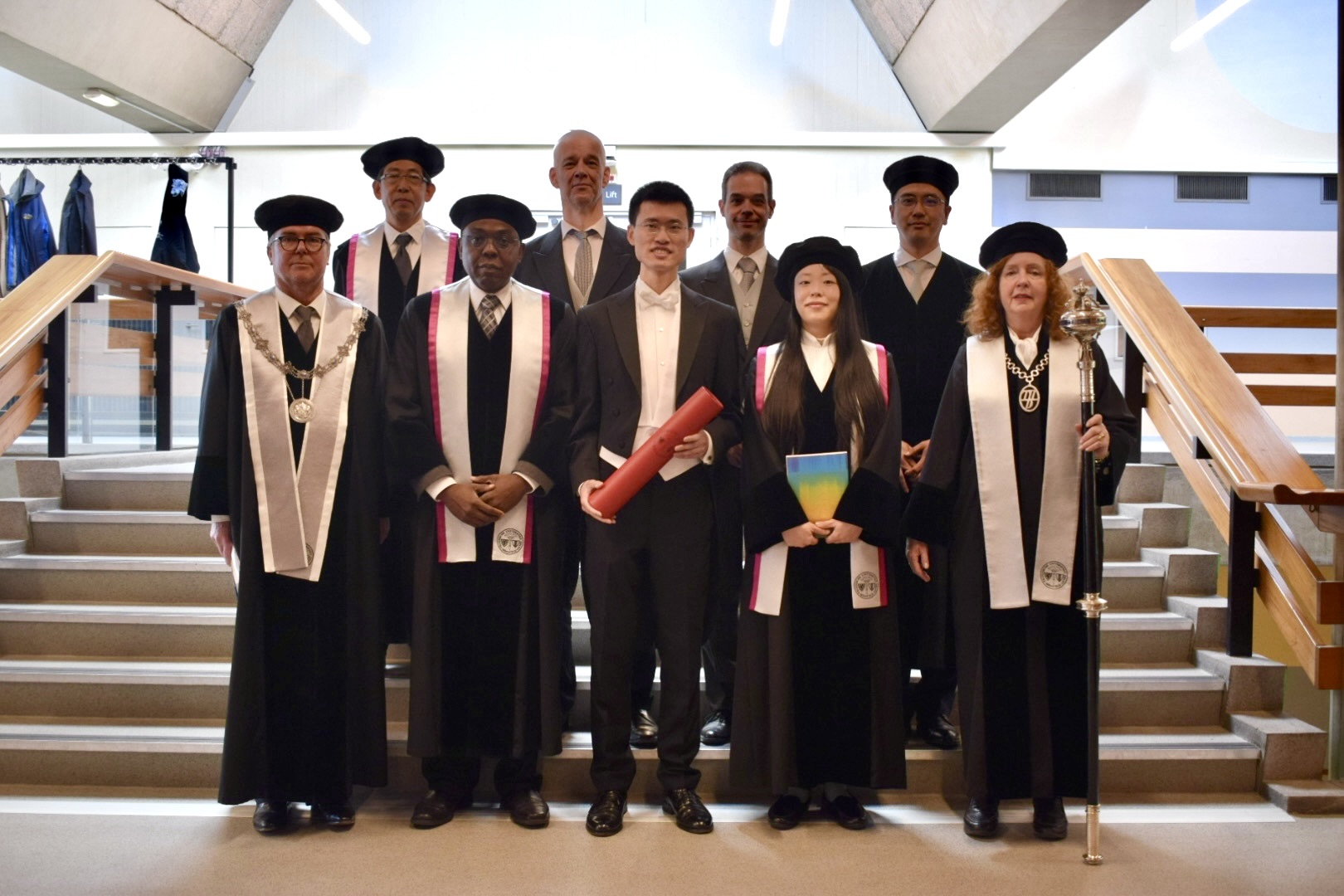
On April 15 PhD student Huajun Zhang (EI group) promoted Cum Laude.
High-performance multilevel Class-D audio amplifiers.
Abstract: Despite their high power efficiency, Class-D amplifiers (CDAs) suffer from greater EMI, inferior linearity, and lower DR than Class-AB amplifiers. This thesis describes the design and implementation of CDAs that aim to approach the performance of Class-AB amplifiers in terms of their application cost, dynamic range, and linearity while retaining the characteristic high power efficiency of the CDA, through the use of a multilevel output stage, feedback after the LC filter, and capacitive feedback. Measurement results from prototypes showed state-of-the-art performance.
Promotor; Prof. dr. Kofi Makinwa, co-promotor: Dr,Qinwen Fan
Biography Huajun Zhang
Huajun Zhang was born in Beijing, China. He obtained the B.E. degree in Electrical and Computer Engineering from Shanghai Jiao Tong University in 2015 and the B.S.E. and M.S. degrees in Electrical Engineering from the University of Michigan, Ann Arbor in 2015 and 2017, respectively. In the summer of 2016, he was an analog/mixed-signal design intern at Analog Devices, Inc., Wilmington, MA, USA. From May 2017 to February 2019, he was a Mixed Signal Design Engineer with Analog Devices, Inc., Norwood, MA, USA. Mr. Zhang joins the Electronic Instrumentation Laboratory at TU Delft in March 2019 where he is pursuing the Ph.D. degree in Microelectronics. His technical interests include precision analog circuits and data converters.
Mr. Zhang has published three peer-reviewed journal papers on SAR and sigma-delta converters and has one US patent pending. He has been a reviewer for IEEE Transactions on Circuits and Systems I: Regular Papers and IEEE Sensors Journal.
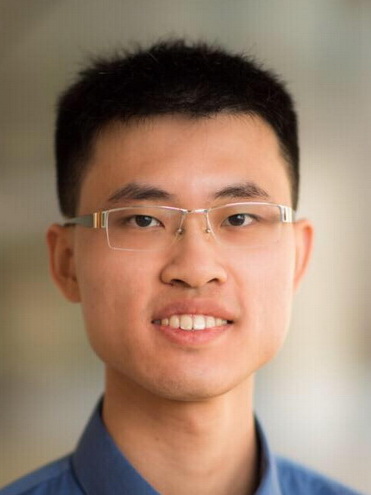
Thomas Michalica wins Best Bioengineering MSc Graduate of 2023
- Tuesday, 19 December 2023
Ex-ECTM Master student Thomas Michalica was awarded for Best MSc Graduate by Delft Bioengineering Institute (BEI) with a prize of 1000 EUR. Thomas' graduation project titled "Two-photon polymerization-based 3D-multi-electrode arrays for electrical monitoring of neuronal cells" was conducted under supervision of Massimo Mastrangeli (ECTM) and Angelo Accardo (3mE/PME/MNE).
Congratulations (again), Thomas!
See also: Best Bioengineering MSc Graduate of the Year: Thomas Michalica! (tudelft.nl)
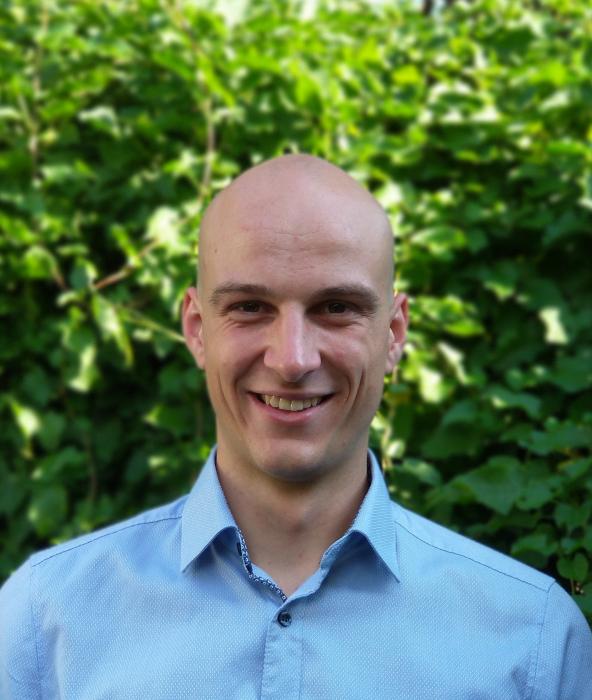
Elena Aprea receives an award for best poster presentation at the Biocube Meeting 2023
- Monday, 18 December 2023

Congratulations to Elena Aprea, who received an award for best poster presentation at the Biocube Meeting 2023, which took place in Sestriere (Italian Alps) from 10 to 16 December.
Elena, PhD student in the Biodegradable Technologies team of Dr. Boutry at ECTM, was presenting her project on biodegradable electromagnetic micropumps for biomedical applications.
This micropump is developed in the context of biodegradable MEMS implants for nerve regeneration. Each year, about 300,000 new patients suffer from peripheral nerves injuries in Europe, caused for example by a car crash or a domestic accident. With the current treatments, for large nerve gaps, less than 25% of the patients recover proper motor function and less than 3% regain sensation. The state-of-the-art treatment is the use of artificial nerve conduits and various strategies have been explored. But the reason for the very low recovery is the following: The disconnected part of the nerve is basically dead unless it can be quickly reconnected, within few days after the injury. The nerve growth is 1mm/day. So, it is truly a race against time.
In this project, Elena focusses on the mechanical stimulation of the nerves in vivo to accelerate the regrowth, by applying a constant mechanical traction on the nerve. The biodegradable electromagnetic micropump will apply a suction to the nerve, measured with an imbedded pressure sensor, with the objective to accelerate nerve healing.
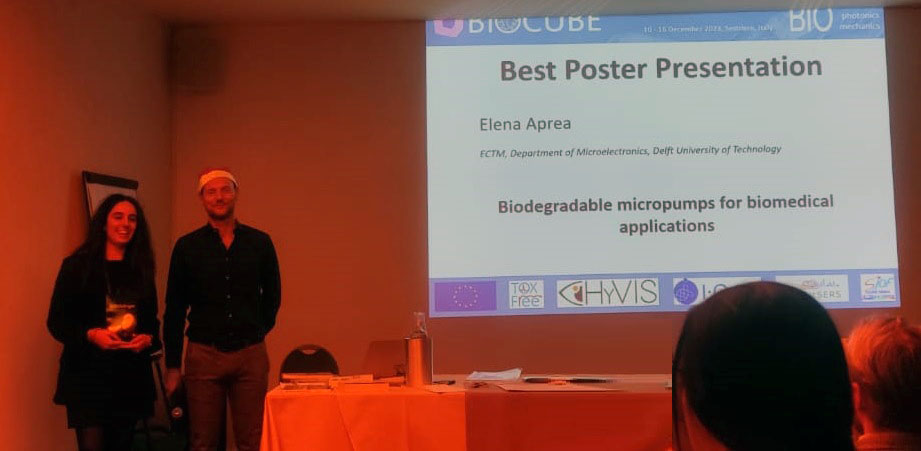
Organ-on-chip: Creating a home for human cells outside of the body
- Monday, 20 November 2023
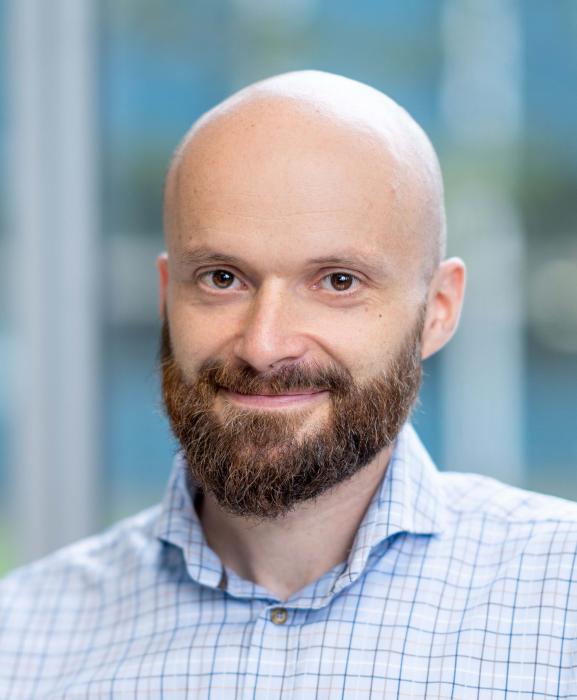
Associate professor Massimo Mastrangeli is the embodiment of enthusiasm for scientific research. He specifically exudes passion for his own field, namely that of organs-on-chip. “What I would like people to know about this field of research? That it’s amazing!”, exclaims Massimo.
Read the full story: Organ-on-chip: Creating a home for human cells outside of the body
More ...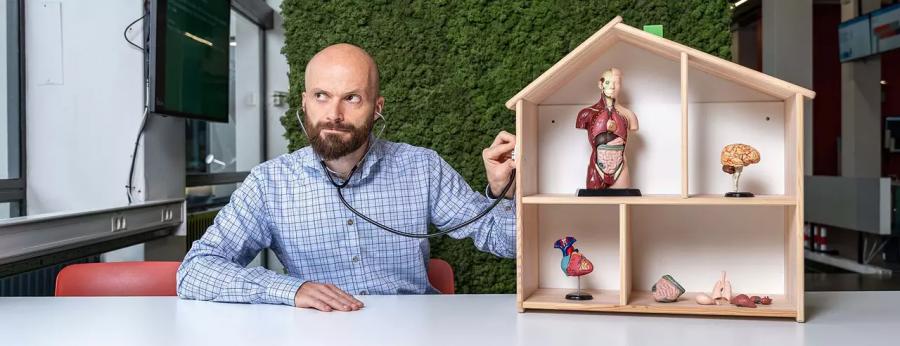
GuoQi Zhang, section ECTM receives prestigious NAE fellow appointment
- Friday, 10 November 2023
Four researchers (QuoQi Zhang, Arie van Deursen, Catholijn Jonker and Inald Lagendijk) from the Faculty of Electrical Engineering, Mathematics and Computer Science (EWI) have been named leading experts and are appointed as fellows by the Netherlands Academy of Engineering (NAE). A total of 62 fellows have been appointed, originating from the fields of technological sciences, applied research and innovation. The fellows focus on fostering an innovation climate that generates societal and economic value by providing engineering-based solutions to major societal issues while offering new business and export opportunities.
GuoQi Zhang is chair professor for the "Micro/Nanoelectronics System Integration and Reliability" at the EEMCS faculty, a member of Netherlands Academy of Engineering, and IEEE Fellow. His research interests cover multi-level heterogeneous system integration and packaging; multi-physics and multiscale modelling and optimization of micro/nanoelectronics; digital twin and designing for reliability; wide-bandgap semiconductors sensors and components; SSL technology; and their applications mainly in healthcare, energy and mobility.
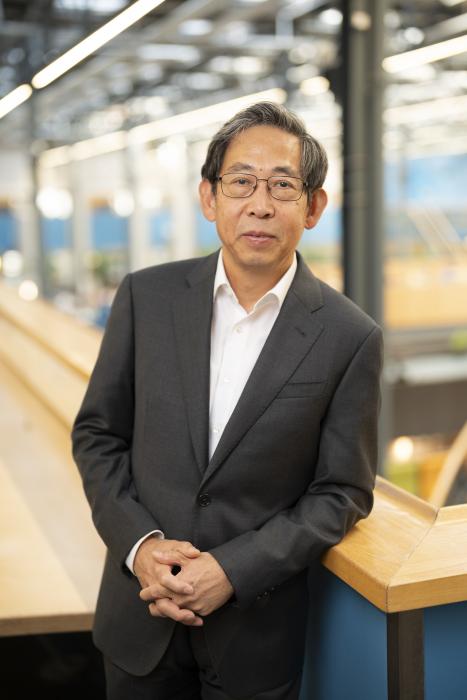
Thomas Michalica wins the KWHM Young Talent graduation award for Mechanical Engineering and Materials Science
- Monday, 6 November 2023
Thomas Michalica, who graduated cum laude earlier this year in the Biomedical Engineering Master at TU Delft, has been selected as the winner of the the Koninklijke Hollandsche Maatschappij der Wetenschappen (KHMW) Young Talent graduation award (€ 5000) in the field of Mechanical Engineering and Materials Science for his Master thesis titled "Two-photon polymerization-based 3D-multi-electrode arrays for electrical monitoring of neuronal cells". Thomas developed his work as part of the collaboration between 3mE/PME/MNE (Dr. Accardo) and EWI/ME/ECTM groups (Dr. Mastrangeli) to develop three-dimensional scaffolds supporting arrays of microelectrodes to monitor in-vitro neuronal cell cultures.
The award and diploma will be presented during a festive ceremony in the Hodshon House, Spaarne 17, Haarlem, on November 27, 2023.
Congratulations, Thomas!

Vacancy for a Bioelectronics Support Engineer
- Friday, 6 October 2023
Join our dynamic team at Delft University of Technology's Section Bioelectronics in the Department of Microelectronics! As a Bioelectronics Support Engineer, you will play a pivotal role in enabling groundbreaking neuroscientific research and the development of cutting-edge neurotechnology applications.
More ...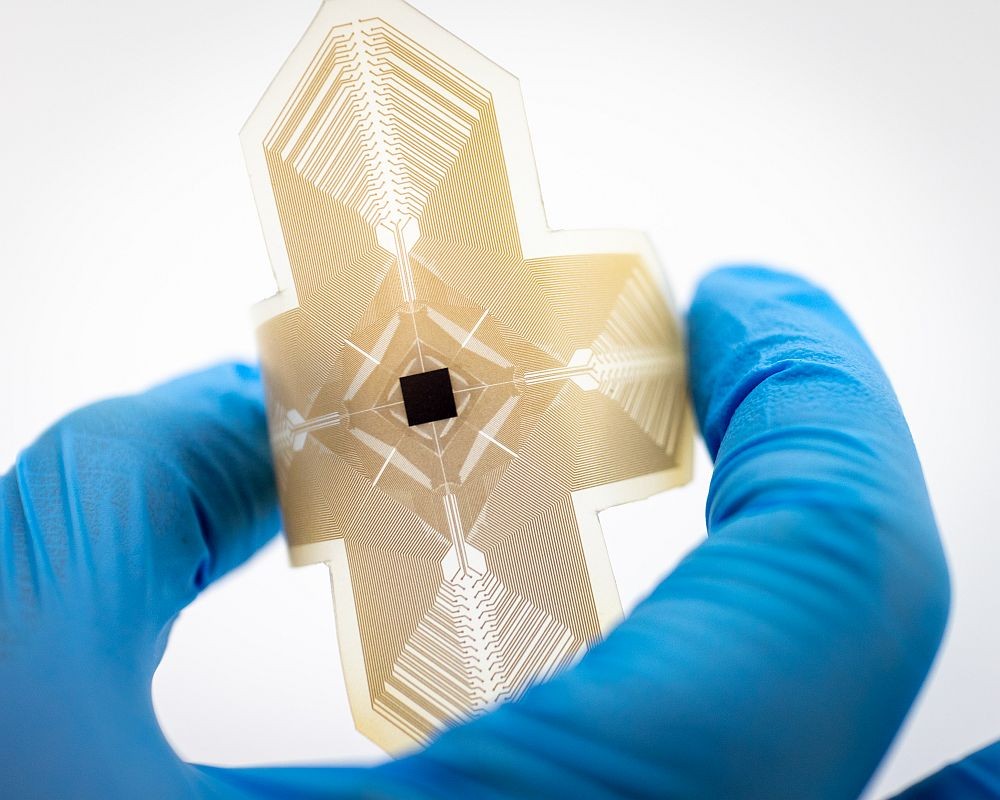
Open technology platforms for organ-on-chip: Moore4Medical reaches a successful conclusion
- Thursday, 28 September 2023
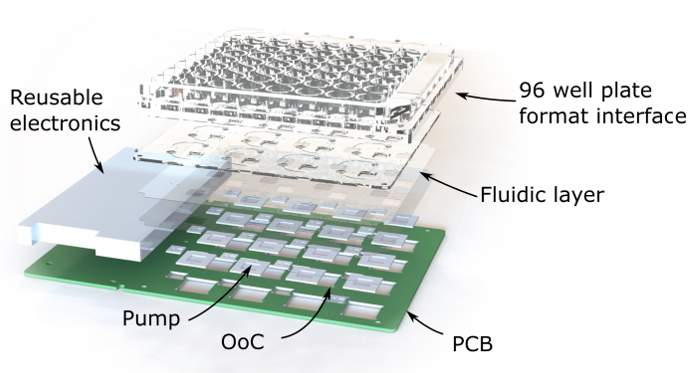
After the successful final review in Maastricht (NL) on September 28, 2023, the 3-year KDT-JU European project Moore4Medical has reached its very successful conclusion. Under the expert leadership of Sieger Swaving, Ronald Dekker and Erik van den Zeijden (Philips), the 68 consortium partners of Moore4Medical have convincingly showed how open technology platforms can be beneficially deployed to advance multiple biomedical domains, including implantable devices, ultrasound monitoring, drug attrition, surgical devices, and not least organ-on-chip.
With the contribution of 24 European partners – including TU Delft (WP leader), Micronit, BI/OND, Besi, TNO/Holst Centre, TU Eindhoven and Philips from the Netherlands – the second work package of Moore4Medical led by Massimo Mastrangeli (ECTM) specifically developed three open technology platforms for organs-on-chip: the Smart Multi-Well Plate (SMWP), the High-Definition electro-Physiology Plate (HD e-Phys) and the Smart (multi-well plate) Lid. The platforms were developed from design and architecture through implementation, fabrication and assembly, to biological validation in relevant settings. They embody recommendations from the European organ-on-chip roadmap for ease of use, standardization and industrially-scalable manufacturing. The SMWP in particular captures the power of organ-on-chip devices under the familiar aspect of a multi-well plate (see illustration). It combines end user-defined configurability of OoC devices with fluidic autonomy afforded by onboard piezoelectric micropumps and compatibility with established laboratory workflows.
Moore4Medical has also prepared the ground for follow-up projects that can capitalize on its many achievements and insight, such as the NEXTGEN HIGH-TECH program for Biomedical technology in the Netherlands and the KDT-JU UNLOOC European project (under evaluation).

Clementine Boutry receives ERC starting grant
- Wednesday, 6 September 2023
The European Research Council (ERC) has announced the ERC Starting Grants for young researchers. Five of them are scientists from TU Delft, and one of them is Clémentine Boutry from our department (ECTM group). This European grant of €1.5 million for a five-year research programme is intended to enable individual scientists to build their own teams and conduct groundbreaking research.
Nerve-Repair2.0 - Biodegradable MEMS implants for nerve repair
Biodegradable technologies offer many advantages for the development of future medical implants, particularly in applications where they are only needed temporarily. Fabricating such devices from biodegradable materials avoids the need for a second surgery to remove the implants after their period of use.
Clementine Boutry has received an ERC Starting Grant for her project Nerve-Repair2.0, in which her team will develop biodegradable MEMS (Micro-Electro-Mechanical Systems) implants for nerve repair, a new class of microsystems made entirely of biodegradable materials, including sensors, actuators (mechanisms that cause movement), and electrical circuits.
Each year, an estimated 300,000 cases of trauma-related peripheral nerve lesions occur in Europe. These injuries result in partial or total loss of motor, sensory and autonomic functions. For large injuries, less than 25% of patients recover proper motor function and less than 3% regain sensation. Accelerating nerve regrowth is a key factor, as the disconnected part of the nerve dies quickly after the injury. Therefore, it is truly a race against time. Dr. Boutry’s research will focus on a new therapeutic approach based on her previous Marie Curie research and on recent clinical findings: the mechanical stimulation of peripheral nerves to accelerate their regrowth. The Nerve-Repair2.0 project will focus on two different medical implants: 1) a first implant providing wireless cyclic mechanical stimulation to the severed nerve, 2) a second implant with an implantable biodegradable MEMS micropump applying constant traction, with the corresponding biodegradable sensors.
There are high expectations of clinical therapies for damaged nerves. The development of new functional biodegradable materials (with tailored magnetic, electrical, mechanical, and chemical properties), and customized fabrication processes in clean rooms will enable the realization of fully biodegradable microsystems, while retaining the established advantages of MEMS (small size, high precision, fast response time, low energy consumption, reliable large-scale production). Beyond neurosciences, Nerve-Repair2.0 will pave the way for other medical applications including cardiac diseases, with the objective to address crucial societal challenges that could not be solved otherwise.
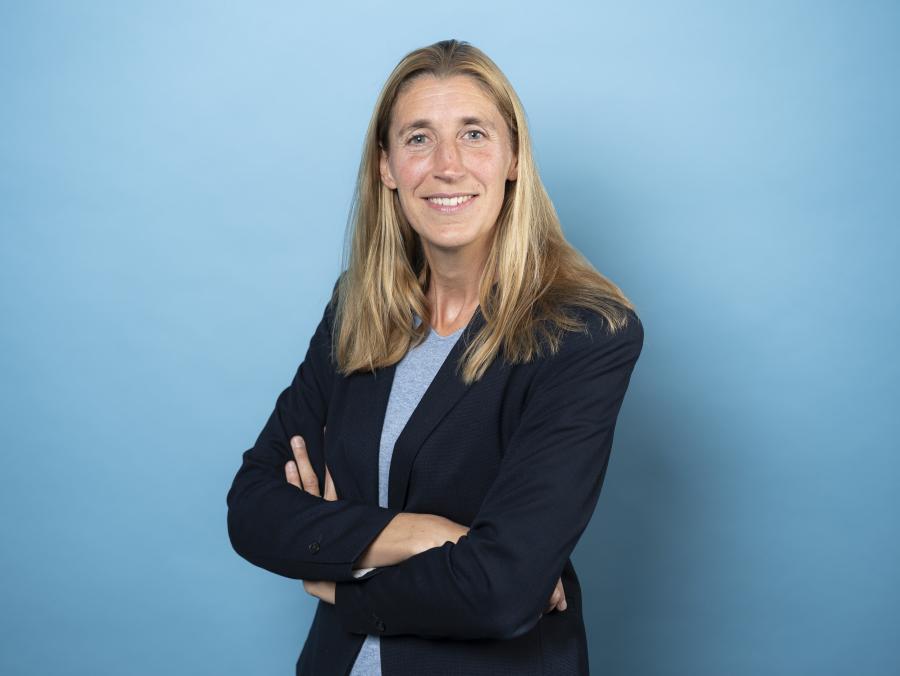
Sten Vollebregt promoted to Associate Professor
- Tuesday, 4 July 2023
Dr. Sten Vollebregt was promoted to Associate Professor in the ECTM group of the ME department at TU Delft from July 2023.
More ...
Massimo Mastrangeli promoted to Associate Professor
- Wednesday, 21 June 2023
Dr. Massimo Mastrangeli was promoted to Associate Professor in the ECTM group of the ME department at TU Delft from June 2023.
More ...
An organ-on-chip device with integrated multimodal sensing
- Monday, 22 May 2023
Continuous monitoring of tissue microphysiology is critical in the organ-on-chip (OoC) approach to in-vitro drug screening and disease modeling. Integrated sensing units are therefore particularly convenient; however, sensitive in-situ measurements are challenging due to the inherently small size of OoC devices, the characteristics of commonly used materials, and external hardware setups needed.
We recently demonstrated a silicon-polymer hybrid OoC device that encompasses transparency and biocompatibility of polymers at the sensing area, and the inherently superior electrical characteristics and ability to house active electronics of silicon. This multi-modal device includes floating-gate field-effect transistors (FG-FET) to monitor changes in pH in the sensing area, as well as microelectrodes to monitor the action potential of electrically active cells.
The chips are microfabricated at wafer-scale for potential production upscaling, and their packaging is compatible with commonly-used multi-electrode array measurement setups.
Congratulations to Hande Aydogmus and our co-authors at TU Delft and Leiden University Medical Center for the great work and collaboration!
The full work appeared in Scientific Reports: https://lnkd.in/eAgr4qSu
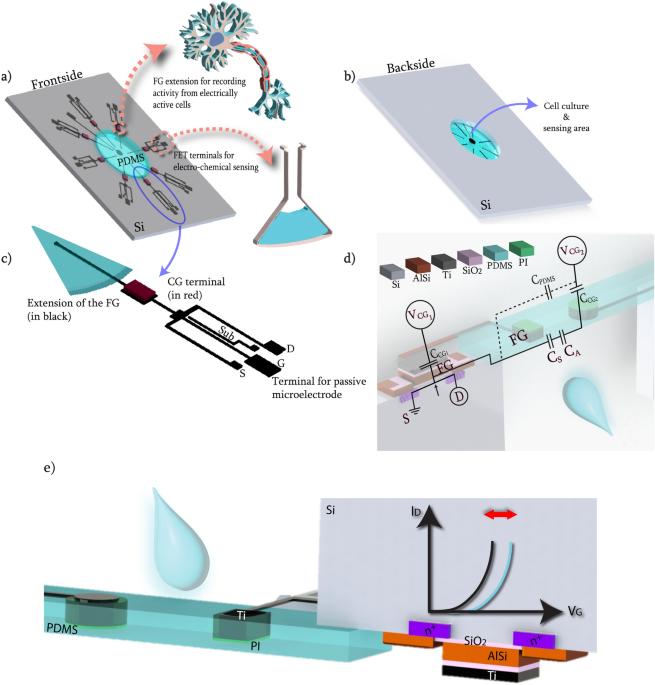
Graphene electrodes developed by ME researchers on Neurotech reports
- Wednesday, 5 April 2023
The article "Multilayer CVD graphene electrodes using a transfer-free process for the next generation of optically transparent and MRI-compatible neural interfaces", published in Microsystems & Nanoengineering (Nature), is featured in the February 2023 issue of Neurotech Reports.
The electrodes in the study were fabricated at the Else Kooi Lab and are the product of a longstanding collaboration between the groups of Sten Vollebregt and Vasso Giagka. The article was selected to be featured on the journal's webpage in October 2022.
More ...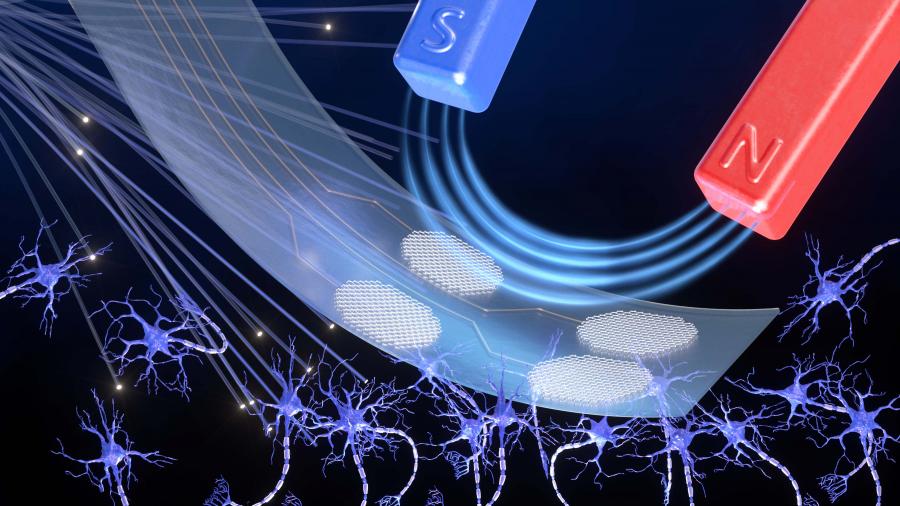
Five papers accepted at TRANSDUCERS 2023
- Monday, 27 February 2023
We are proud to announce that the ECTM has five accepted papers for the upcoming TRANSDUCERS conference in Kyoto, Japan.
Congratulations to Milica Dostanic, Jiarui Mo, Roberto Pezone, Baoyun Sun and Georgios Spernovasilis!
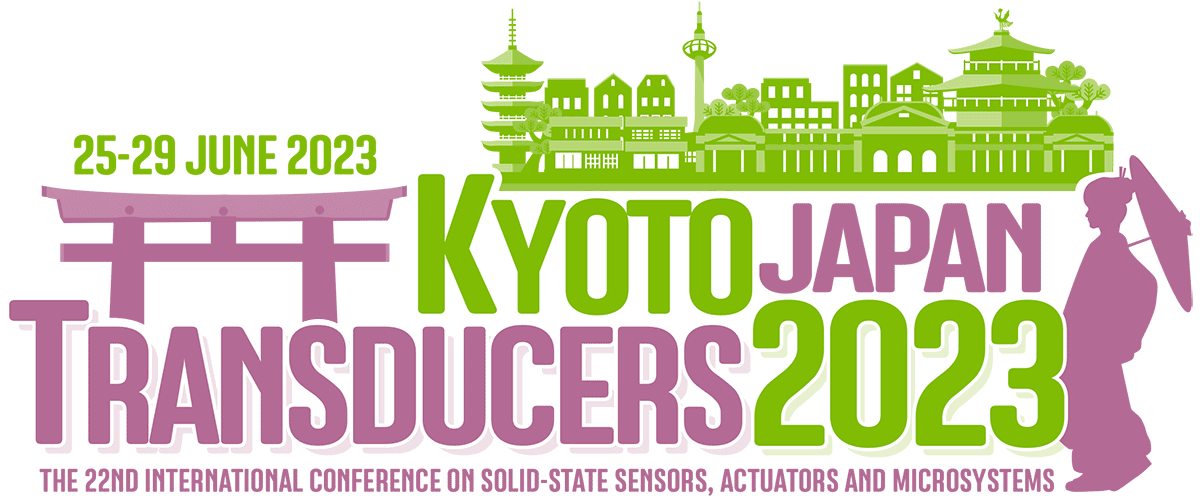
Kick-off AGRARSENSE project
- Wednesday, 1 February 2023

A new project takes agricultural and forestry related productivity to the next level. The consortium, which includes TUDelft, will develop European state-of-the-art technologies in electronic components and systems for future needs, building European resilience in critical sectors and strongly contribute to sustainability targets and climate change mitigation.
Adequate food and its security is a global challenge, impacted by rapidly compounding effects of climate change, supply chains, human labour shortage and political and military aggression to name a few. We need transparent and improved productivity of agriculture and forestry and easy access to state-of-the-art technological innovation and automation. Also, more sustainable fertilizers and irrigation use is additionally key to saving the climate. Hence, European resilience calls for efficient technological solutions ranging from hardware to holistic data management.
Focus on food security, improved productivity of agriculture and forestry
The AGRARSENSE project, launched in January 2023, responds to these needs by developing technologies for seven different use cases that represent seven different angles on today’s European agriculture and forestry: Greenhouses, vertical farming, precision viticulture, agriculture robotics, forestry machinery and optimal soil management and fertilization as well as agriculture related water management. The electronics components and systems related technology R&D includes e.g., plant, soil, and water sensors and related integration, as well as software, connectivity, and data management solutions. Safety, security, and reliability R&D as well as autonomous movement and robotics platforms pave the way to full commercial utilization of the project outcomes.
AGRARSENSE brings together a total of 52 partners from 15 EU countries
Within the Dutch-led Greenhouse use case and with the other European partners, the TUDelft will focus on two technology development activities. One is the development of a 2D material-based VOC sensor that aims at sniffing out plant diseases to enable better prediction of crop health. This research, led by Sten Vollebregt, will focus both on the development of the sensor platform and the packaging of the sensor to result in a reliable demonstrator. The second activity, led by Qinwen Fan, will focus on developing power-efficient electronic drivers that will be used in, among others, greenhouse robotics.
More ...
Four papers accepted at ECTC 2023
- Wednesday, 30 November 2022
We are proud to announce that four papers from ECTM were accepted for the upcoming IEEE Electronic Components and Technology Conference (ECTC 2023), to be held in Orland, Florida in May-June 2023.
Congratulations to Romina Sattari, Xinrui Ji, Dong Hu and Leiming Du!

Four papers accepted for MEMS 2023
- Friday, 11 November 2022
We are proud to announce that we have four accepted papers for the upcoming MEMS conference in Munich. Congratulations to Milica Dostanic, Jiarui Mo, Roberto Pezone, and Baoyun Sun.
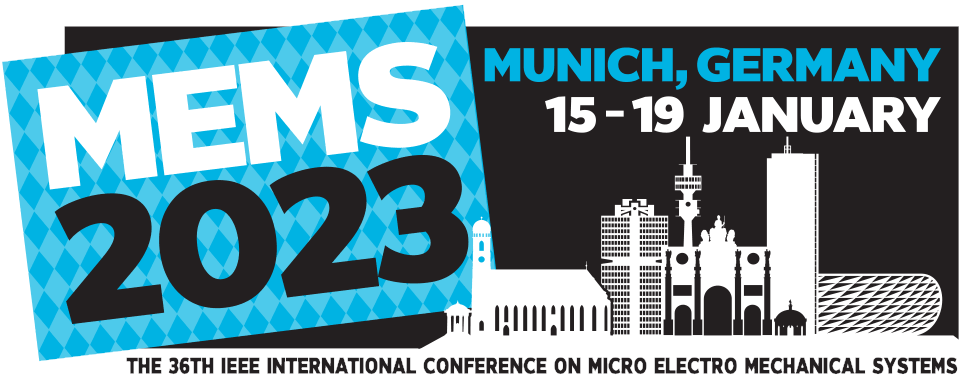
ECTM @ IEEE Sensors
- Tuesday, 8 November 2022
Last week the IEEE Sensors flagship conference took place in Dallas. At the conference Paul, Joost and Leandro each presented a paper on their latest results:
ZnO Nanoparticle Printing for UV Sensor Fabrication
Hendrik Joost van Ginkel; Mattia Orvietani; Joost Romijn; GuoQi Zhang; Sten Vollebregt;
Humidity Sensor Based on Multi-Layer Graphene (MLG) Integrated Onto a Micro-Hotplate (MHP)
Leandro Sacco; Hanxing Meng; Sten Vollebregt;
Ionic Polymer Metal Composite-Based Microfluidic Flow Sensor for BioMEMS Applications
Paul Motreuil-Ragot; Gabriel Turcan; Bjorn de Wagenaar; Andres Hunt; Pasqualina Sarro; Massimo Mastrangeli;
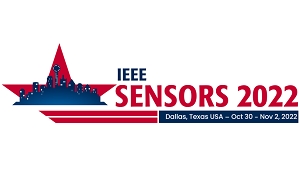
Sten Vollebregt wins the 2022 Micro and Nanoengineering Young Investigator Award and Lectureship
- Thursday, 29 September 2022
Honoring and Promoting a Young researcher active in the fields of Nanofabrication and Nanotechnology for Life Sciences, Physics, Chemistry and Environmental Sciences.
Micro and Nano Engineering (MNE) is an open access, multidisciplinary journal which crosses boundaries from nano to micro to bio, and from science to technologies. The journal focuses on micro-/nano engineering, fabrication and integration of functional nanostructures and surfaces towards intelligent nanomanufacturing; devices and bio-microsystems for medicine, life sciences, chemistry, environmental sciences, and agro-food; and devices and microsystems for physical applications.
After detailed evaluation of the high level of achievements of all candidates, the committee decided to present the award to: Dr. Sten Vollebregt from Delft University of Technology, Delft, The Netherlands
“for outstanding contributions to reproducible wafer-scale microfabrication with carbon-based materials”.
The Lectureship was presented at MNE2022 Conference at the 23rd pf September 2022 in Leuven, Belgium (www.mne2022.org).
More ...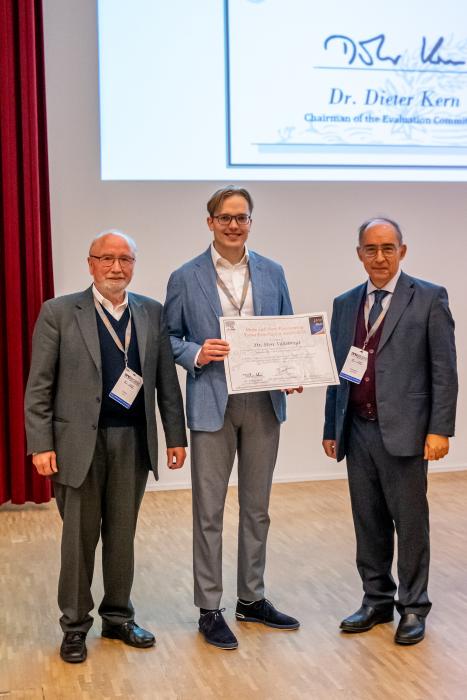
Sounds good: treating depression with ultrasound
- Wednesday, 14 September 2022
Physicians are desperate to find new and effective treatment options for chronic pain and depression. Tiago Costa is developing a novel targeted neuro-modulation treatment for depression, using focused ultrasound. His goal is to treat only brain areas that need attention, leaving other parts of the brain undisturbed.
More ...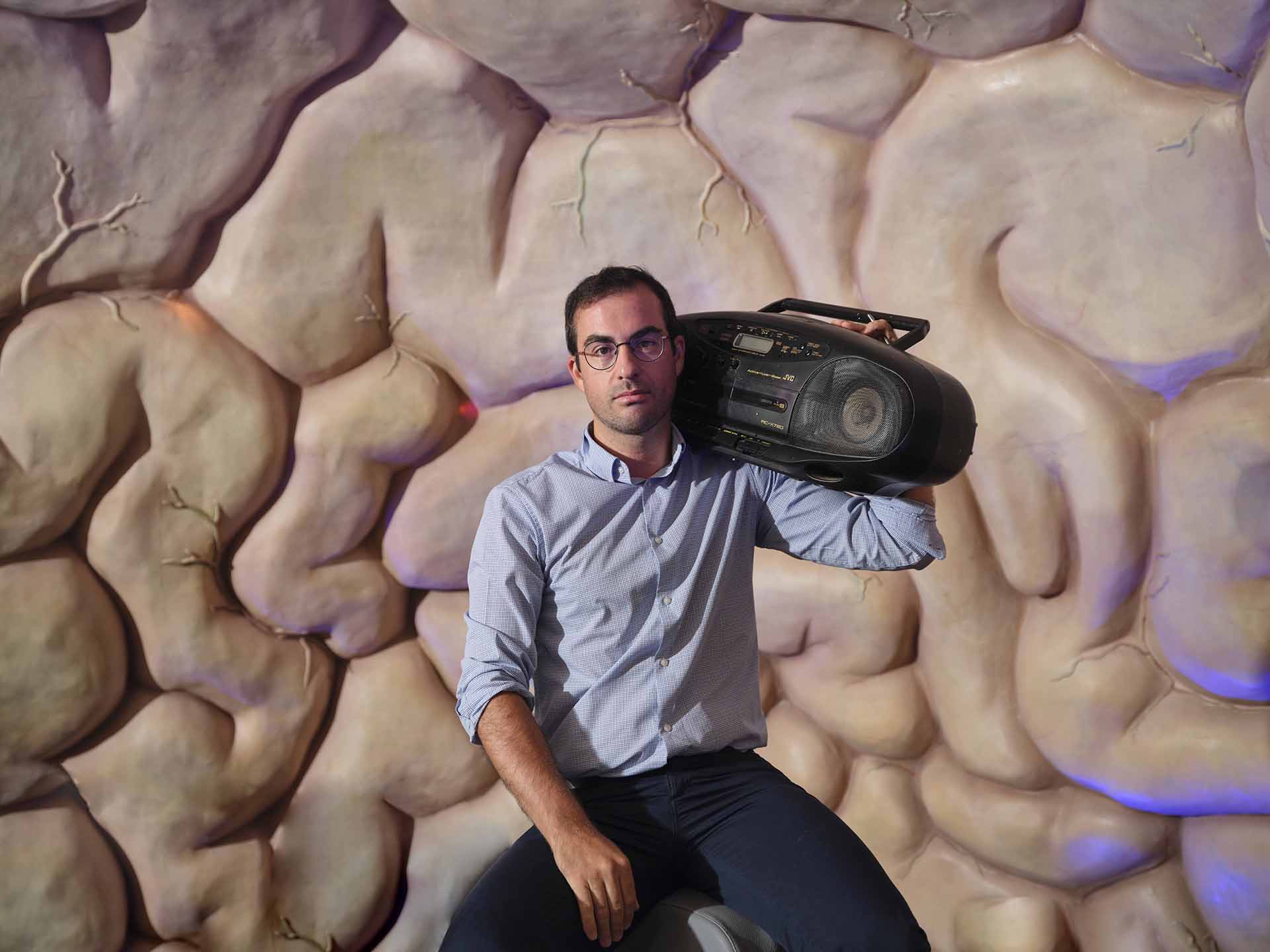
Happy Secretaries Day!!!
- Thursday, 21 April 2022
Our congratulations and best wishes!

NWA-ORC project "OBSeRVeD" with co-applicant Sten Vollebregt and Frans Widdershoven granted
- Wednesday, 23 March 2022

A total of 28 consortia will work in interdisciplinary teams on research that will bring both scientific and societal breakthroughs within reach. The entire knowledge chain and societal organisations, including public as well as private parties, will work closely together in these projects. The projects have received funding in the third round of the Dutch Research Agenda programme Research along Routes by Consortia (NWA-ORC).
The ME department plays a lead role in one of the funded consortia:
OBSeRVeD - Odour Based Selective Recognition of Veterinary Diseases
Coordinator: dr. ir. C.A.J. (Cas) Damen - Saxion Hogeschool
Affiliated TU Delft researchers: dr. ir. Sten Vollebregt (WP-lead) and prof. dr. ir. Frans Widdershoven, EEMCS faculty, dr. Monique van der Veen – AS faculty
When chickens in a farm become infected or have parasites, specific odours are produced. A cross-disciplinary team will combine innovative sensors, affinity layers, and machine learning to develop and test an electronic nose. This sensitive system can recognize a fingerprint of Volatile Organic Compounds and thus recognise specific diseases at an early stage, when (preventive) measures are most effective. In this project, veterinary health, industry, science professionals and societal organisations will collaborate towards developing a practically applicable poultry health monitoring system to improve chicken and public health, general welfare and reduce antibiotics/chemicals use and the environmental impact of livestock farming.
Lees meer: TU Delft news
Or in English on the NWO website: NWO news
More ...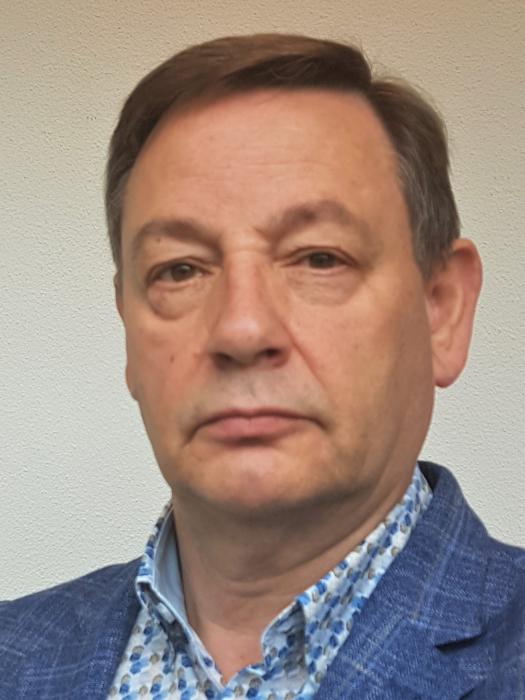
TU Delft and ITEC BV launch X.AL, the first Dutch Lab for Extreme Chip Assembly Technology
- Thursday, 11 November 2021
The next generation of chip assembly machines must meet the growing demand for chips in a more efficient way. Therefore, Technische Universiteit Delft and the Dutch semiconductor equipment manufacturer ITEC Nexperia have launched X.AL: the first Dutch Lab for Extreme Chip Assembly Technology, where research is conducted into the next generation of green chip assembly processes and equipment concepts.
The team of Technische Universiteit Delft researchers, led by Marcel Tichem, Peter Steeneken and Massimo Mastrangeli, provides the knowledge and expertise to develop the breakthrough technologies for these new equipment concepts.
Read the full press release here: X.AL press release
More ...Travel award for Milica Dostanic
- Friday, 17 September 2021
Doctoral student Milica Dostanic won the Travel Award (€250, sponsored by Roche) of the EUROoCS Conference 2021 for the presentation of her work on "An engineered heart tissue platform with integrated pacing microelectrodes".
In her work, electric pacing was incorporated into a miniature engineered heart tissue platform by means of microfabricated electrodes, enabling ultimate accuracy and precision in controlled in situ tissue stimulation. The suitability of the integrated microelectrodes to replace external pacing electrodes, and the biocompatibility of the overall platform were shown. The system was pre-configured to fit a 96-well plate format to enable forthcoming high-throughput biological assays.
Congratulations, Milica!
More ...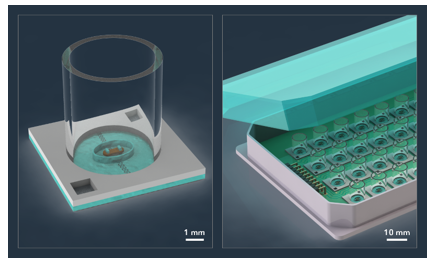
Item on chip manufacturing on national television
- Thursday, 2 September 2021
On the 1st of September, Sten Vollebregt explained in the program NTR Atlas on national television how chips are made and why it is difficult to produce many of them on short notice to resolve the current chip shortage. The item was filmed inside the Else Kooi Laboratory.
The program can be viewed back here (in Dutch): link to NPO start.
More ...
"Pearl" for research on the heart as a defibrillator
- Friday, 18 June 2021
Researchers from LUMC and the ECTM lab of TU Delft have developed an optogenetic method for resetting a disturbed heart rhythm. On 10 June 2021 the project stood out among all the projects that ZonMw finances, and was awarded the ‘ZonMw Parel’.
The Vidi project was originally granted to dr. Daniël Pijnappels (LUMC) in 2014 by ZonMw, and the ECTM lab of TU Delft joined the collaborative research by end of 2017. A study of a new method on effectively and safely preventing and terminating human cardiac arrhythmia by gene therapy and LED illumination was jointly undertaken. Compared to traditional electroshock-based methods, this novel method is superior in overcoming severe shock pain, and therefore increases the quality-of-life of the patients.
A series of advanced LED illuminating devices for in-vivo, ex-vivo and in-vitro cardiac experiments were custom developed by researchers from TU Delft. The full-loop technical development was carried out by TU Delft researchers by tackling challenges such as multi-physics modeling, advanced electronics packaging, and smart system integration.
The joint research has not only produced high-quality scientific outcome, but also drawn general public’s attention via various successful media exposures. The "Pearl" award not only proves excellence in breakthrough scientific outcome, it also provides great encouragement for multi-disciplinary collaborations.
The TUD team includes Dr. Rene Poelma (currently at Nexperia), PhD candidate Tianyi Jin (holding the "Pearl" in the photo) and MSc student Shanliang Deng, under supervision of Prof. Kouchi Zhang.
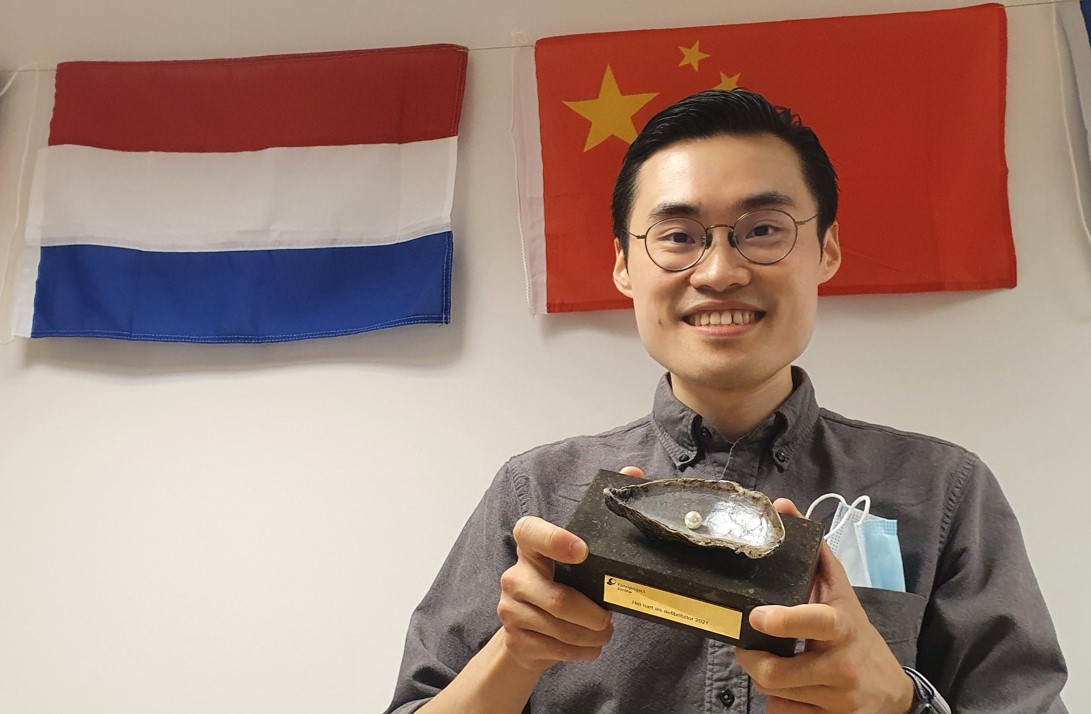
The rising stars of the TU Delft, featuring Dante Muratore
- Tuesday, 8 June 2021
After his PhD in what he calls “hardcore analogue microelectronics”, rising star Dante Muratore knew he wanted to continue his career working on systems that are closer to an actual application. A postdoc position at Stanford University, in which he worked on the electronics for an artificial retina to treat medical conditions leading to the loss of vision, brought him just that. Then, wanting to come back to Europe and to continue doing bioelectronics at the highest level possible, an opening at TU Delft crossed his path. ‘It was the easiest choice I ever made,’ he says.
Read more about Dante in the link below!
More ...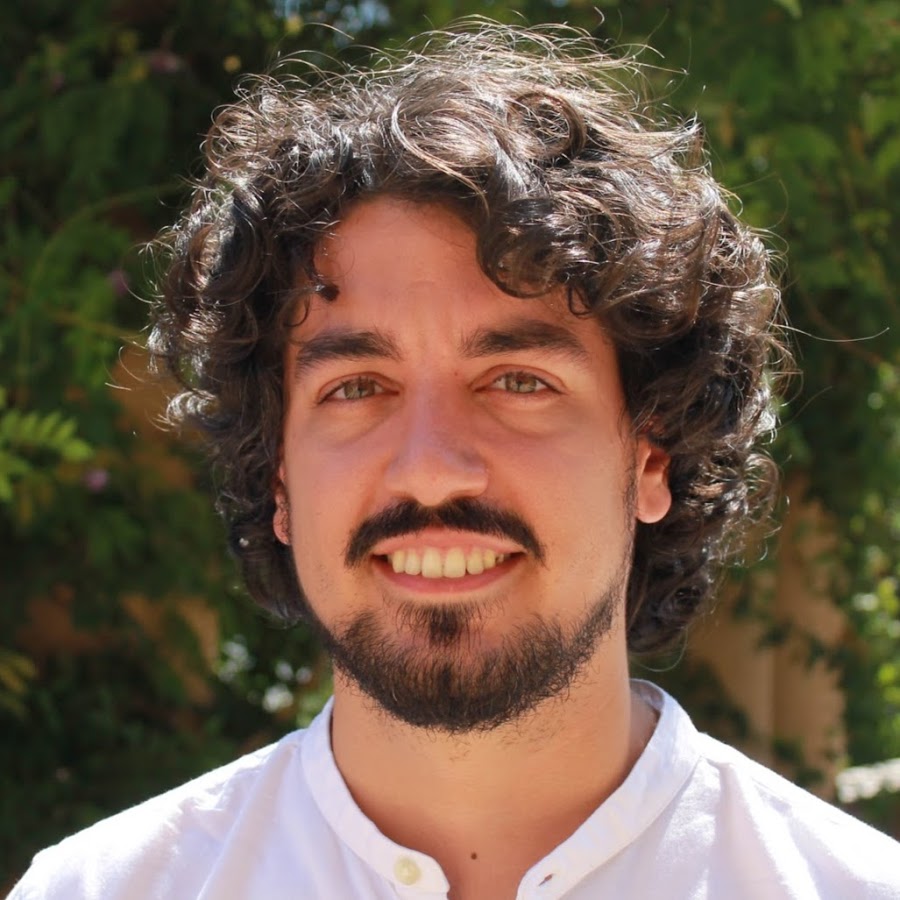
Ultrasound for microimplants – enabling personalized medicine with wireless charging
- Thursday, 27 May 2021
Treatment of chronic autoimmune diseases is no longer limited by the expensive drugs and undesirable side effects. Neuromodulation has been shown to be effective in treating diseases such as rheumatoid arthritis, chronic headaches, asthma or Parkinson's disease. To enable the technology for widespread clinical application, researchers at Fraunhofer IZM are developing a new generation of microimplants as part of the EU Moore4Medical project. These highly miniaturized devices have a special feature: the implants can be charged entirely wirelessly using ultrasound waves.
More ...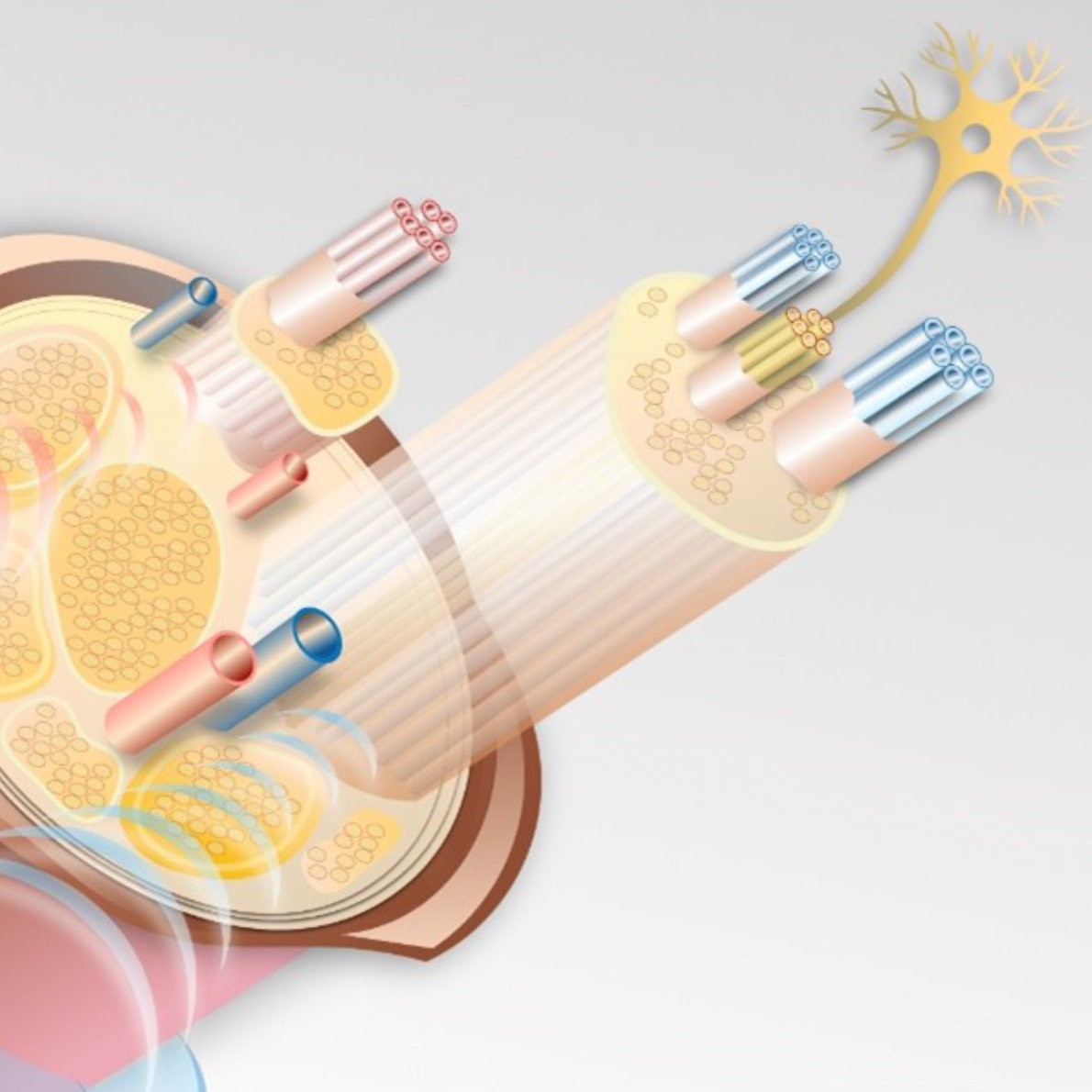
Organ-on-chip project receives huge grant to make the leap from lab to fab
- Wednesday, 10 March 2021
Scientists are pushing ahead building organ-on-chips, small chips with human cells, which are useful, for example, for studying cancerous metastases in the bloodstream or the development of scar tissue, or for testing the effect of drugs or food outside a human body. To make the step to industry, a collective of dozens of research groups, companies and knowledge institutions, brought together by the organ-on-chip consortium hDMT, are building a universal standard, supported by a NWO Perspective grant of nearly five million euros. The ultimate goal in the future: to link multiple organ chips together to simulate a whole body.
Check the official announcement (in Dutch).
Check the press release video summary at this link.
Those who think of chips only in terms of computers are nowadays deceived. An organ-on-chip usually consists of a plastic plate with integrated microchannels and chambers. Inside grow the complex tissues of human cells, in an environment that mimics the human body, but is barely visible to the naked eye.
A minute amount of liquid flows along the living cells to supply them with nutrients, and a pump delivers and removes them. Sensors in the chip measure how the cells respond and actuators make changes. For example, a different pressure, mechanical force, oxygen level or flow velocity.
By then adding a drug, food or cosmetic product to be tested, the researchers can see how the tissues react. The chip fits perfectly under a light microscope, so that the process can be followed easily and live.
Scaling up stalled by lack of universal standard
At the moment, the chips are mainly used by researchers to better understand how cells behave in their micro-environment or how diseases develop and spread through the body. In TU Delft, for example, the organ-on-chip group at the ECTM lab is working on microelectromechanical devices for brain-, heart- and gut-on-chip.
However, large-scale use by the pharma is not yet on the agenda due to the lack of a universal standard. There are many kinds of chips, each with its own design, dimensions and material. Moreover, the chips are difficult to fit into the workflow of the pharmaceutical industry and scaling up to larger numbers is very difficult. In short, they are designed for research, not for industry.
This is what the 10 research groups of 8 universities, united in the Dutch ‘organ-on-chip’ consortium hDMT, want to change, together with 21 companies, 3 knowledge institutions and 2 foundations. Led by researcher Jaap den Toonder of TU Eindhoven, they are now going to develop a standardized and modular platform for organs-on-chips, the SMART Organ-on-Chip. On March 10, they were awarded the NWO Perspective grant of 3.4 million EUR. The industrial partners are investing another 1.4 million EUR in the project.
TU Delft features among the SMART Organ-on-Chip consortium with the organ-on-chip research group led by Dr. Massimo Mastrangeli at ECTM.
Harmful drugs can be eliminated earlier
Pharmaceutical companies have a lot to gain from the standardized platform. Developing a new drug takes at least 10 years and billions of euros. This lengthy and expensive process is due to the different phases that the new drug has to go through. And 80% of promising drugs still drop out in the final phase.
Den Toonder: “If you can test the drugs directly on a realistic human organ-on-chip model, incorporating the complexity of the body right away, then you can eliminate harmful or ineffective drugs much earlier in the process, thereby saving a lot of money.”
Connecting Chips
To standardize the chips, the researchers are building a standard-sized "docking" plate that accommodates the fluid channels and electronics. Then the chips can be clicked onto it like modules.
The researchers develop tissue chips in which the cells are in the right microenvironment and technical chips with innovative fluid pumps and physical and chemical sensors. Den Toonder: "That's what makes the system so flexible; you can click the chips onto it in any combination you want, depending on the type of organ you want to examine and the question you want to answer."
The whole system is aligned with industrial workflows and biomedical R&D, for example, to work with pipetting robots and complex microscopic techniques. Moreover, it will be an accessible open technology, so that other companies can develop their own applications and add them to the existing platform.
Den Toonder: "By linking the various organ-on-chip models, we can ultimately also simulate the interactions between organs. That is really important, because organs never function in a body on their own. We hope that in time we will be able to develop, link and study chips for all the organs in the human body. Our ultimate dream is therefore a 'body-on-chip', with which you can study the effect of a new drug in all the organs, for example, so that you can simultaneously see whether the liver is not breaking down the drug, whether the intestines are not damaged, and whether heart problems develop.”
Studying scars
In the Perspective program, the researchers are focusing in particular on the development of scar tissue: fibrosis. Besides nicely healed scars, fibrosis of organs sometimes progresses into proliferating connective tissue. The area around the organ then plays a major role. It is therefore crucial to include that environment when studying this process in organ-on-chip models.
The right drug for that one patient
In addition to the pharmaceutical industry, the emerging research field of personalized medicine can also benefit greatly from standardized organ-on-chip technology. Drugs are now developed for the average person, and only work for one in four people if you are lucky. There are even drugs on the market that only work for one in twenty people. If you can pre-screen a few potential drugs on cells from the specific patient for whom you are seeking treatment, you can administer the right drug for that specific person immediately.
The Dutch organ-on-chip consortium hDMT brought the following partners together for this NWO Perspective program: Amsterdam UMC/VUmc, Delft University of Technology, Eindhoven University of Technology, UMC Utrecht, Leiden University, Maastricht University, Twente University, Wageningen University & Research, 300MICRONS, Applikon, BioLamina, Convergence, Demcon, dsRAT Stichting Proefdiervrij, Galapagos, Genmab, Hy2Care, IBA Lifesciences, ibidi, Life Science Methods, LipoCoat, Micronit Microtechnologies, OnePlanet Research Center/imec, Poietis, PolyVation, provio, Qurin Diagnostics, ReumaNederland, RIVM, Spektrax, TissUse, TNO, Unilever Safety & Environmental Assurance Centre, Ushio INC.
Den Toonder: "The NWO Perspective grant gives us the opportunity to bring together the broad multidisciplinary group of scientists you need for such a development with industrial partners, from manufacturing to end users." Den Toonder is a mechanical engineer within the Institute for Complex Molecular Systems (ICMS) at TU Eindhoven.
The new chips are also finding industrial applications outside of pharma. For example, a skin-on-chip to test the side-effects of cosmetics or an intestine-on-chip to test allergies to a new food product. A bonus of organ-on-chip technology will be a considerable reduction in the number of animal tests.
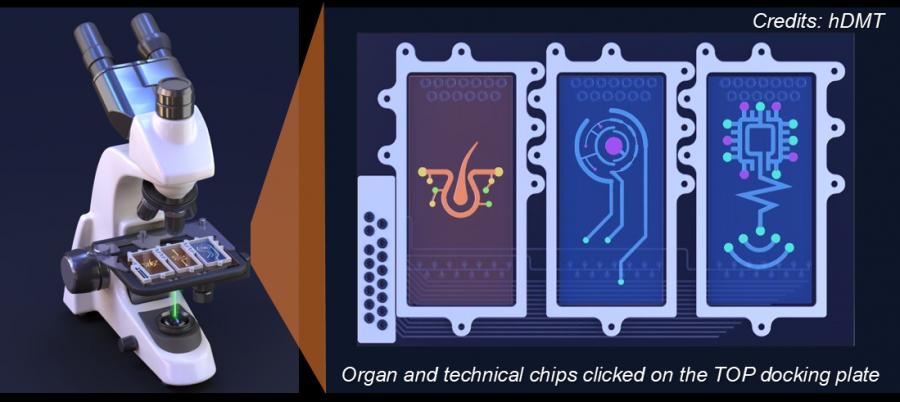
TU Delft scores at Olympic Games for chip designers
- Wednesday, 10 February 2021
Kofi Makinwa, professor at TU Delft, explains it as follows: ‘The number of papers accepted prior to the conference is an important measure of the success, as is the number of guest speakers you supply as a university. The total for TU Delft in 2021 is fifteen.’ An achievement that shows that Delft holds a position in the upper echelons of the chip world.
Imaging sensors
Possibly one of the most striking contributions is from Albert Theuwissen. In his keynote speech he takes us into the future of imaging sensors. For the not-so-technical readers: almost all cameras and mobile phones contain an imaging sensor. The quality of this sensor determines the quality of your pictures and how much you can enlarge them. Albert: ‘The CMOS imaging sensors that you see in today's mobile phones are approaching perfection. But this doesn't mean that we won't be needing any more field development. On the contrary, new technologies and materials open new dimensions and new applications that will only supplement and improve the classic imaging functionality of the sensors. Ultimately this trend will transform the landscape of the imaging sensor from imaging to smart vision.’
A computer that goes faster, a phone that gets smarter and smarter – you can't think of anything or Kofi Makinwa has something to do with it. Listen via this link to the (Dutch) podcast episode recently made with him.
Precision amplifiers
This year TU Delft is also scoring highly in the field of analogue electronics. Of the twelve papers accepted on this topic, seven come from TU Delft. Makinwa: ‘When a digital electronic device needs to communicate with the real world, it always needs an analogue interface. An example of such an analogue circuit is an amplifier. An amplifier takes a small signal and converts it into something that is strong enough to power speakers, for example.’
One of the TU Delft researchers specialised in this subject is Qinwen Fan. She has spent several years studying precision amplifiers. These are amplifiers that are capable of accurately processing very small signals. During the ISSCC, Fan will explain the development of precision amplifiers in recent decades. Fan: ‘I will also look at a number of applications, such as measuring battery power or amplifying biomedical signals, for instance from the heart. Finally I will use the many Delft publications of recent years to sketch the development trends. What has happened? And what can we expect?’
Wireless
Leo de Vreede's team is working on the new generation of wireless telecommunications. One of the goals we are chasing here is to reduce energy consumption. Because the higher the frequency, data speed and coverage of a 5G network, for example, the more energy it uses. Together with Morteza Alavi – Assistant Professor of Electronic Circuits and Architectures – they are working on a revolutionary concept for a digital transmitter that will drastically reduce this energy consumption. A fine example of this is the paper by Mohammad Reza Beikmirza. In his paper, Mohammad demonstrates that this entirely new approach makes it possible to comply with the most stringent 5G requirements using a single integrated circuit, even in the case of considerably lower energy consumption. De Vreede: ‘What we are also seeing is that there is an increasing need for receivers that can flexibly receive different frequencies without being troubled by interference from all kinds of other incoming signals via the aerial.’ Masoud Babaie and Mohammad Ali have developed a tunable receiver for this, that filters all the unwanted signals itself without the need for external filters to pick up all the interference.
Qubits
And then there is the pioneering work by Fabio Sebastiano and Masoud Babaie (again). Together they are trying to figure out the best way to build and use a quantum computer – a powerful computer that processes information in a totally new way. It is expected that such a quantum computer will eventually open up the doors to all kinds of radical applications, for example being able to find out the best way to use medicines far more quickly. For a quantum computer to work well, qubits need to be cooled to cryogenic temperatures, up to four degrees above zero (Kelvin). Handy to know: quantum bits – also known as qubits – are the building blocks of a quantum computer. Their role can be compared to that of standard bits in a conventional computer. Right now the cooling of these qubits only takes place at room temperature.
According to Sebastiano and Babaie, it should be easy to close this temperature gap with just a couple of wires. This is fine for the small number of qubits now in use, but impractical for the millions of qubits needed for the future quantum computer. During the previous edition of the ISSCC, Sebastiano showed that a CMOS integrated circuit can control qubits, even at -270 degrees Celsius. ‘But,’ explains Sebastiano, ‘controlling qubits is just the beginning. Ultimately you also want to be able to read out the qubits. One of the things we will be showing during this edition of the ISSCC is that the readout circuits can also function at cryogenic temperatures.’
Doing incredibly fast calculations to develop even better new medicines. That is just one of the things that will be possible in the future thanks to a quantum computer. It’s the dream of Fabio Sebastiano. Read more about his dream here: https://www.tudelft.nl/en/stories/articles/dreaming-of-the-quantum-computer
Proud
What can TU Delft be most proud of during this edition of the ISSCC? Makinwa: ‘Of the successful combination of old guard and young talent. Albert Theuwissen, for example, has been working in this field for years, while Bishnu Patra and Bagas Prabowo are still carrying out their PhD research. There is enormous strength in this match of young and old. The entire conference this year is taking place online, from 13 to 22 February. Normally you would spend the week attending various presentations of papers, but this time you can read the papers beforehand and put your difficult questions via internet.
Contact
Dave Boomkens
Communications Officer at the Faculty of Electrical Engineering, Mathematics and Computer Science,
+31 6 40 28 75 77
d.j.boomkens@tudelft.nl
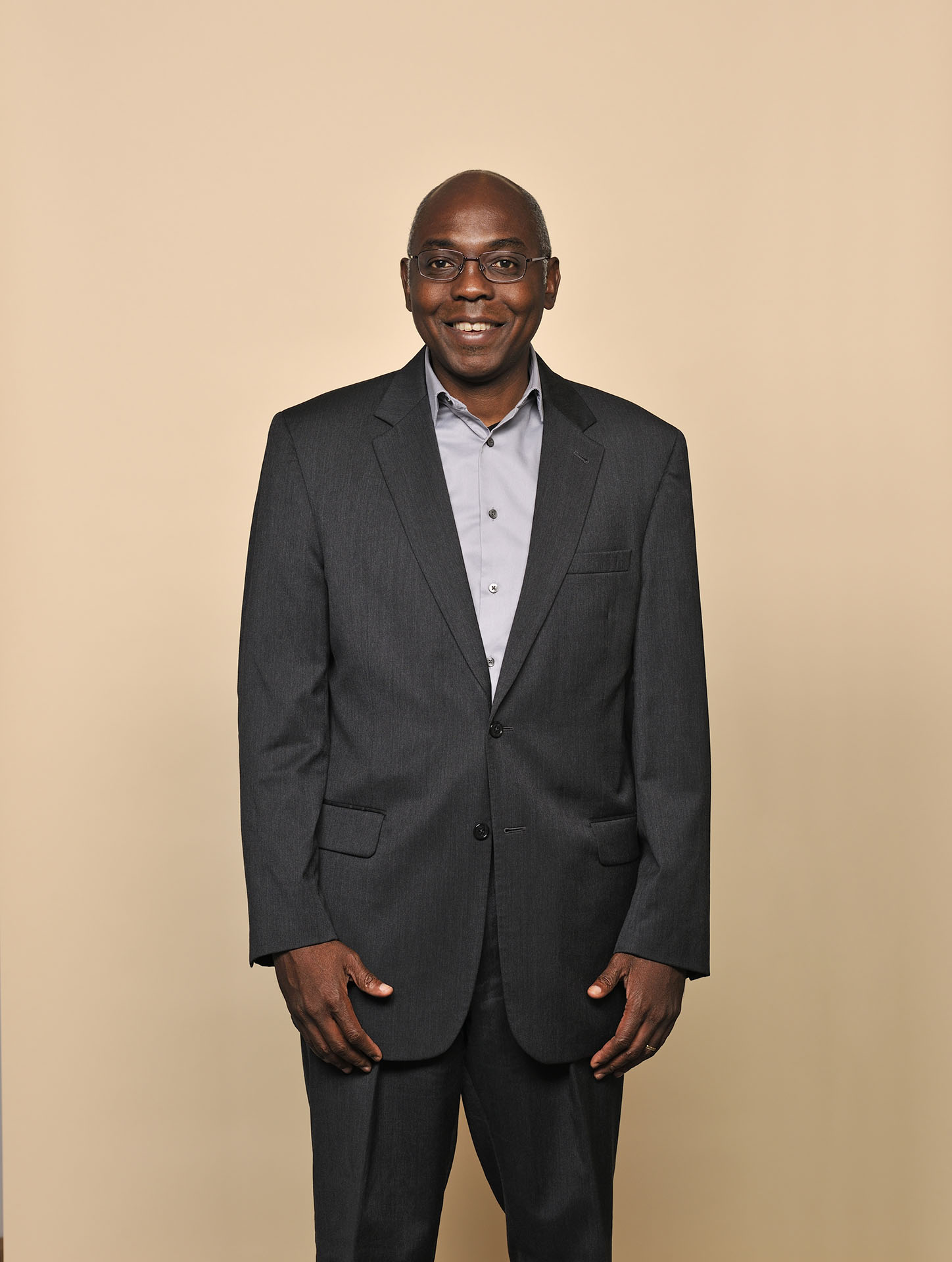
‘Rapid developments of LEDs offers all kinds of medical potential’
- Tuesday, 12 January 2021
You can use ultraviolet light from LEDs to combat coronavirus. But it’s not as simple as commercial providers are presenting it right now, concludes Professor Kouchi Zhang. On the need for a sound scientific basis and the potential for LEDs in medical applications.
More ...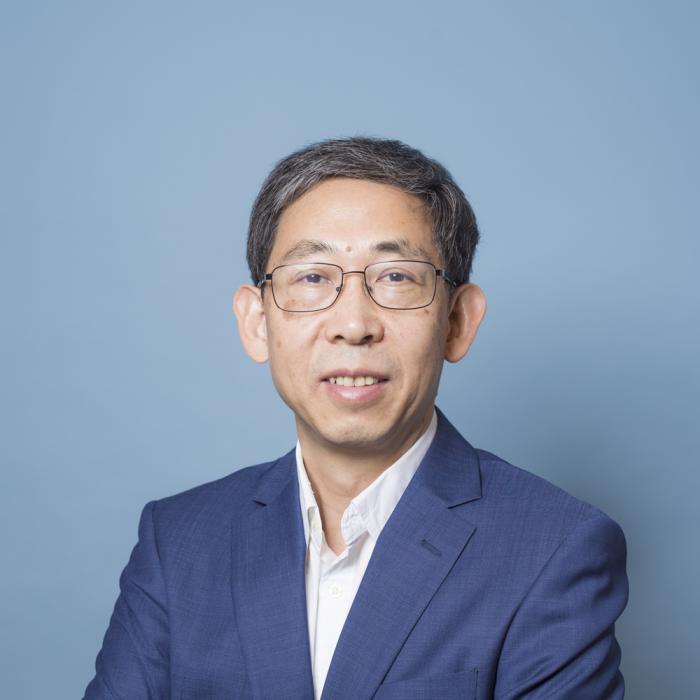
Delft Bioengineering Institute awards Tiago Costa and Massimo Mastrangeli with 20KEUR grants
- Wednesday, 16 December 2020
Dr. Tiago Costa (BE) and Dr. Massimo Mastrangeli (ECTM) have been awarded grants of 20KEUR by the Delft Bioengineering Institute (BEI) to pursue their research projects on ultrasound-based regeneration of neuronal circuits and medical implants to investigate cell mechanobiology, respectively.
Their multidisciplinary project proposals, conceived to bridge expertise among different departments within TU Delft, are among the 5 selected for the grants out of the 13 total submissions received by the BEI in response to their first call for proposals.
The projects will be run respectively in collaboration with Dr. Dimphna Meijer (TNW/BN) and Dr. Mohammad J. Mirzaali (3mE/BM).
Below are short summaries of the projects.
Regenerating neuronal circuits using ultrasound
People suffering from neurodegenerative disorders such as Alzheimer’s, Parkinson’s Disease and Multiple Sclerosis, have impaired neuronal circuits. Generation of new neuronal circuits by using a patient’s own stem cells may prove helpful in treating the disease. One of the difficulties in inducing neurons from stem cells, is the low efficiency rate we are able to achieve so far. In this project, BEI PIs Tiago Costa of Microelectronics (EWI) and Dimphna Meijer of Bionanoscience (TNW) join forces to explore the use of ultrasound for effectively building active neuronal networks from stem cells.
Project title: SoundCircuit: Regeneration of neuronal circuits using ultrasound
BEI PIs: Tiago Costa (EWI/ME), Dimphna Meijer (TNW/BN)
Medical implants to investigate cell mechanobiology
In order to study the cell’s behavior and differentiation, we need to be able to measure the mechanical, electrical, and biochemical signals that are dynamically transmitted throughout the cells. This requires the creation of biomaterial models equipped with different sensor types. In this project, BEI PIs Mohammad J. Mirzaali of Biomechanical Engineering (3mE) and Massimo Mastrangeli of Microelectronics (EWI) will team up to design, fabricate and test the proof-of-concept for medical implants equipped with force sensors that can reach a sensitivity level of one micronewton, so the mechanobiology of cells can be effectively investigated.
Project title: Sixth Sense Biomaterials
BEI PIs: Mohammad J. Mirzaali (3mE/BM), Massimo Mastrangeli (EWI/ME)
Read the full story on the TU Delft page.
Success!
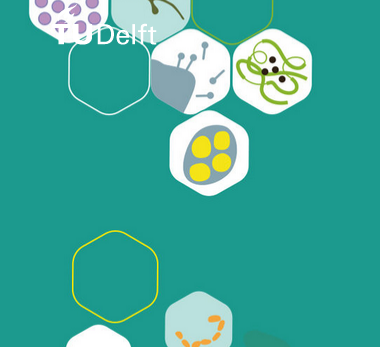
SSCS WYE Webinar
- Tuesday, 4 August 2020
Webinar: To Academia, or to Industry, That is the Question. Presented by: Kofi Makinwa and Shin-Lien Lu
Abstract:
You are about to finish graduate school or perhaps a young or seasoned professional, contemplating a career transition. Which is better - a career in academia or industry? What are the pros and cons of one versus the other? How can you start exploring and build up your career accordingly? In this webinar, we will interview Dr. Linus Lu, a professor-turned-industry veteran, and Prof. Kofi Makinwa, an industry veteran-turned-professor, who will share their insights and perspectives from their personal journeys in both academia and industry careers. They will also address what triggered their transitions, how they staged their transitions, and offer their crystal ball projections on present and future career prospects in the solid-state-circuits profession. More ...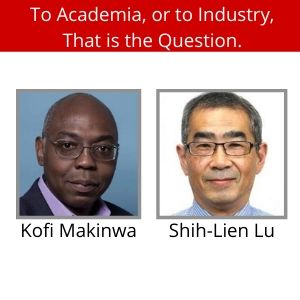
Moore4Medical kicks off
- Thursday, 16 July 2020

The ECSEL Joint Undertaking Moore4Medical kicked off last June, 2020 with the overarching objective to accelerate innovation in electronic medical devices. Moore4Medical is masterminded by prof. Ronald Dekker (Philips Research & ECTM) and sees important involvement and vast opportunities for TU Delft’s Microelectronics department.
The project addresses emerging medical applications and technologies that offer significant new opportunities for the Electronic Systems & Components (ECS) industry, including: bioelectronic medicines, organ-on-chip, drug adherence monitoring, smart ultrasound, radiation free interventions and continuous monitoring. The new technologies will help fighting the increasing cost of healthcare by reducing the need for hospitalisation, helping to develop personalized therapies, and realising intelligent point-of-care diagnostic tools.
Moore4Medical will bring together 66 selected companies, universities and institutes from 12 countries who will develop open technology platforms for these emerging fields to help them bridge “the Valley of Death” in shorter time and at lower cost. Open technology platforms used by multiple users for multiple applications with the prospect of medium-to-high volume markets are an attractive proposition for the European ECS industry. The combination of typical MedTech and Pharma applications with an ECS style platform approach will enhance the competitiveness for the emerging medical domains addressed in Moore4Medical. With value and IP moving from the technology level towards applications and solutions, defragmentation and open technology platforms will be key in acquiring and maintaining a premier position for Europe in the forefront of affordable healthcare.
TU Delft’s Microelectronics department leads two of the six workpackages represented in Moore4Medical: the Implanatable Devices workpackage, led by Dr. Vasiliki “Vasso” Giagka (BE & Fraunhofer IZM), and the Organ-on-Chip workpackage, led by Dr. Massimo “Max” Mastrangeli (ECTM). Both workpackages will see the interaction and contribution of many world-class industrial and academic players to develop respectively bioelectronic medicines and smart multi-well plate platforms, and will provide a rich opportunity to capitalize on and further expand the standing expertise of the BE and ECTM groups of the department.
We wish Moore4Medical success!
More ...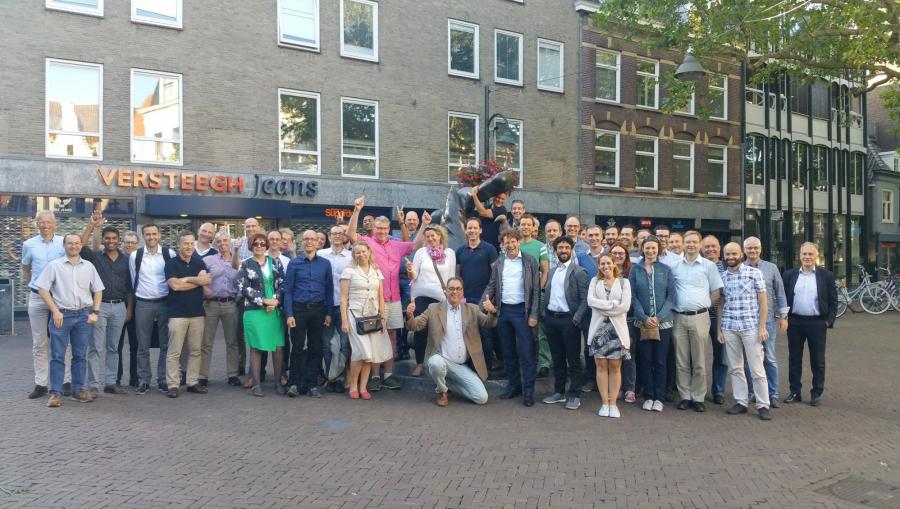
Andra Velea wins Audience Award of the Young Medical Delta Thesis Awards
- Friday, 10 July 2020
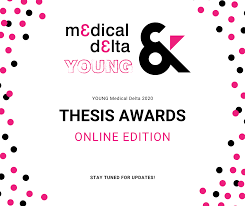
We are proud to announce that the MSc thesis of Andrada Velea on the development of 'Flexible Passive and Active Graphene-based Spinal Cord Implants' won the audience award of the Young Medical Delta Thesis Awards 2020 with 418 out of the 1024 votes. The research theme is a successful synergy of the expertises of the ECTM and BE sections, and was supervised by Vasiliki Giagka and Sten Vollebregt. Andrada’s work has led to 2 IEEE conference publications, among which the prestigious 33rd IEEE International Conference on Micro Electro Mechanical Systems (IEEE MEMS 2020), which took place earlier this year in Vancouver. We would like to congratulate her for this great achievement.
More ...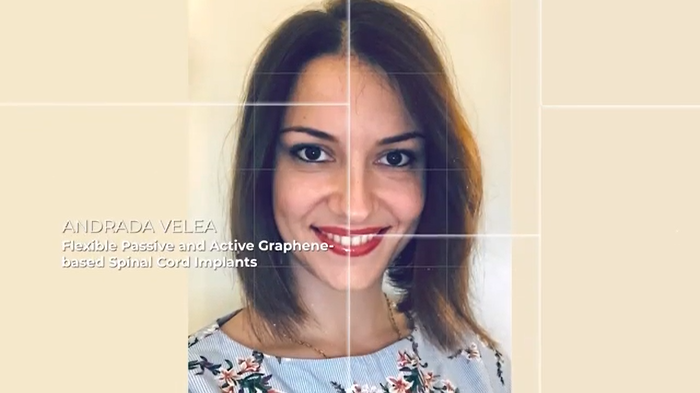
ECTM developing UVC LED test system to study virus disinfection
- Saturday, 23 May 2020
Read the interview with Tianyi Jin who, together with 3 MSc students, the group of Professor Fouchier of the Erasmus MC, and supported by the TUDelft COVID-19 fund, is developing a platform to test the disinfecting power of UVC LEDs.
More ...Review by Massimo Mastrangeli featured on the cover of Advanced Materials Interfaces
- Monday, 9 March 2020
The open-access review paper entitled "Self-folding using capillary forces" has graced the cover of the current issue of the journal "Advanced Materials Interfaces".
The paper was co-authored by Dr. Massimo Mastrangeli of ECTM and by Prof. David Gracias, Kam Sang Kwok and Qi Huang from the Gracias Laboratory of Johns Hopkins University.
The paper is part of the journal's Special Issue on "Bottom-up assembly of micro/nanostructures" guest co-edited by Dr. Massimo Mastrangeli and Dr. Michele Perego from the Institute of Microelectronics and Microsystems, National Research Council of Italy.
Reference:
K. S. Kwok, Q. Huang, M. Mastrangeli, D. H. Gracias, "Self-folding using capillary forces",
Advanced Materials Interfaces 7 (5), 1901677 (2020)
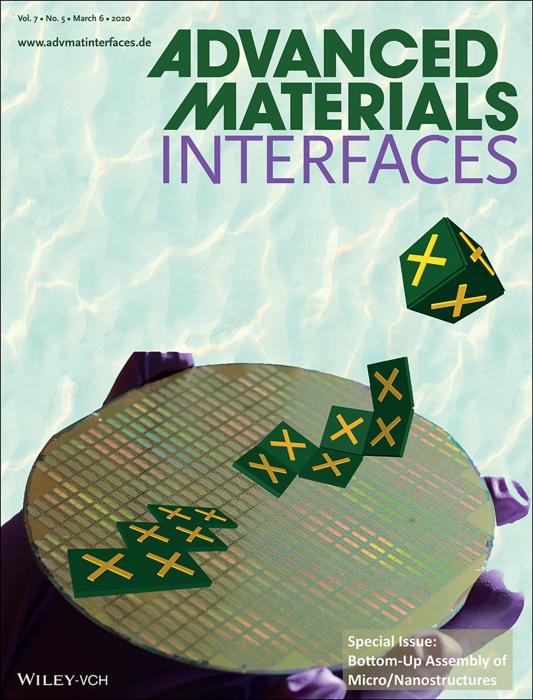
Aleksandar Jovic's paper highlighted as an Editor's Pick in Applied Optics
- Monday, 6 January 2020
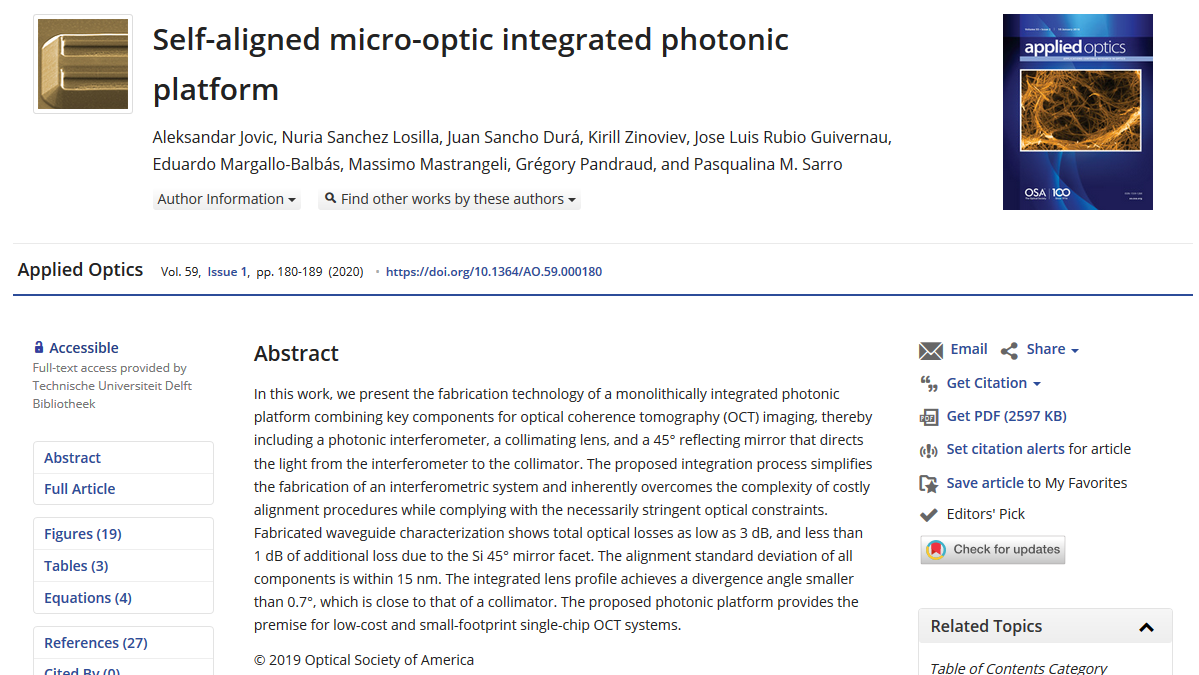
The manuscript by Dr. Aleksandar Jovic et al. entitled "A Self-Aligned Micro-Optic Integrated Photonic Platform", recently published in Applied Optics, has been highlighted as Editor's Pick for the journal.
Editor's Picks serve to highlight articles with excellent scientific quality and are representative of the work taking place in a specific field - in this case, integrated phonotics.
Congratulations, Aleksandar and co-authors!
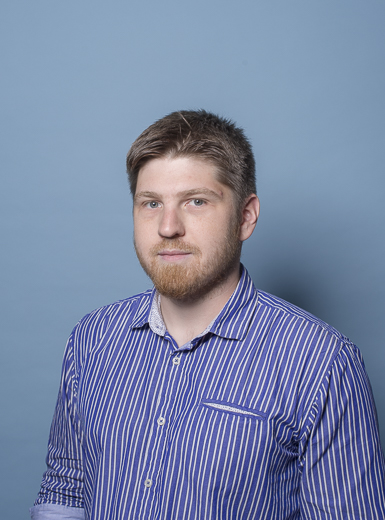
Milica Dostanic wins Best poster award at International MicroNanoConference 2019
- Monday, 16 December 2019
Milica Dostanic, PhD candidate at the Electronic Components, Technology and Materials (ECTM) group, has won the Best poster award at this year's International MicroNanoConference (iMNC, held in Utrecht, NL) for her poster titled "A miniaturized EHT platform for contractile tissue measurements".
The poster featured joint work between ECTM and Leiden University Medical Center for the development and characterisation of the smallest engineered heart tissues to date.
Congratulations, Milica and co-authors!
Two NWO-HTSM proposals from ECTM accepted
- Friday, 13 December 2019
Fundamentals of Backside Metals System for 5G RF Power Modules (Prof. Zhang, Prof. Fan and Dr. Fan)
The 5G communication technology is expected to cover a wide range of applications, such as autonomous vehicles, Internet of Things (IoT), High-speed mobile network, etc. A robust and highly reliable RF power amplifier is key for the 5G system because it works in a harsh environment which involves high temperature, high humidity, high current density, and so forth. Currently, the industry is still working hard on the development of the RF power amplifier to meet the requirements of the 5G communication technology. One of the key challenges is the backside metals system (BSM). Various failure modes and mechanisms are interacting with each other under the influence of multiple loadings, such as high temperature, high humidity, as well as mechanical stresses. This proposal aims to develop fundamental physics-of-failure models, optimization method and design rule to predict and prevent the potential failures in the BSM of 5G RF power modules.
Reliability of Silicone Adhesives and Sealants in Electronic Devices (Prof. van Driel, Dr. van Zeijl, Dr. Yazdan Mehr)
This research aims at developing a fundamental understanding of failure mechanisms and reliability of silicone sealants and adhesives in electronic devices. Degradation of silicone adhesives and sealants is considered to be a major reliability risk in microelectronic components. Understanding the interrelation and attribution of different mechanical, working, and environmental stresses to the failure of silicone adhesives and sealant is a key step in developing physically-based reliability models for microelectronic devices. The multi-physical interaction between temperature, moisture, radiation and oxidation, and their influences on the structure and properties of sealants are not yet well understood. In this project dedicated experimental techniques will be combined with reliability models to understand and predict the lifetime of silicone adhesive and sealants in microelectronic devices under different working conditions.
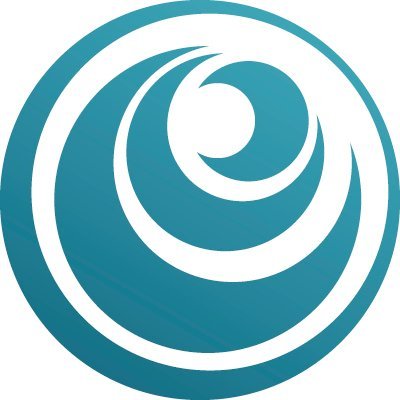
Wouter Serdijn appointed theme leader of Delft Health Initiative 2.0's NeuroTech theme
- Wednesday, 4 September 2019
The Delft Health Initiative has laid the foundation for connected health-oriented research at TU Delft and will continue to focus expertise, develop talent and to connect researchers to national and international initiatives. Wouter Serdijn will lead this for Neurotechnology.
More ...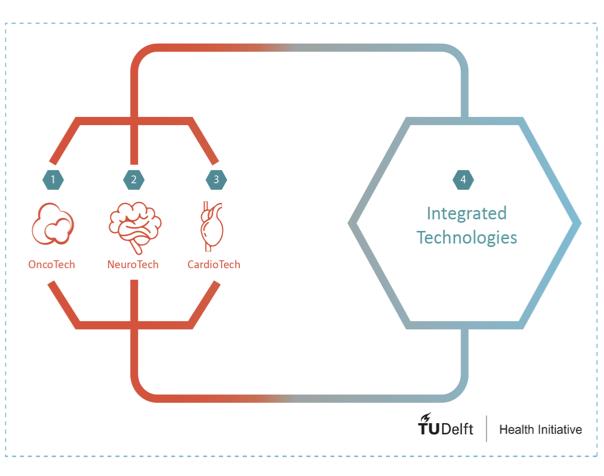
EEMCS Aspasia grant for Maryam Yadan Mehr
- Thursday, 18 July 2019
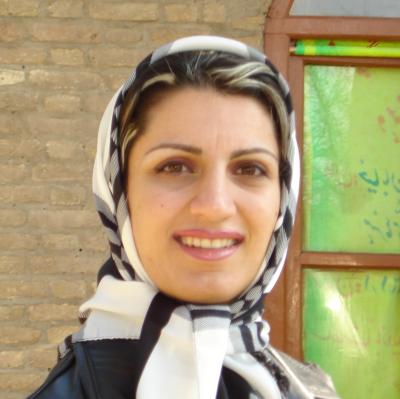
We are excited to announce that Maryam Yadan Mehr’s proposal for EEMCS Aspasia grant is accepted. The aim of Aspaisa program is to encourage an accelerated promotion of female academics to a senior or professional level. Maryam is doing her Post-Doc project on the degradation of optical materials in solid-state lighting applications with Professor Zhang and Professor Van Driel. Her professional goal is to go beyond how light is generated in solid-state lighting devices and would like to further explore how light interacts with photoactive materials. She will use this grant to visit the group of Professor Lenaerts at the University of Antwerp. Professor Lenaerts has many years of research experience on photocatalyst materials and development of sustainable purification technologies that operate under ambient conditions of pressure and temperature. Maryam would like to thank EEMCS, Professor Zhang, Professor van Driel, and Professor Sarro for their never-ending supports and belief in her.
More ...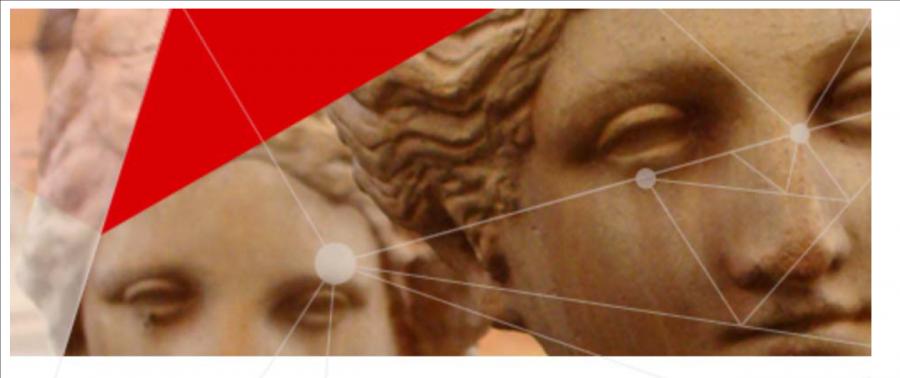
European research project Power2Power for more efficient power semiconductors launches
- Friday, 14 June 2019
The European cooperation project Power2Power has started. Over the coming three years, 43 partners from eight countries will research and develop innovative power semiconductors with more power density and energy efficiency. Power semiconductors are needed in all stages of energy conversion: generation, transmission, and use. More efficient semiconductors make a major contribution towards reducing carbon dioxide emissions in spite of the world's growing energy needs. Universities, research institutes, small and medium-sized companies and international corporations are involved in this cooperation. Infineon Technologies Dresden GmbH & Co. KG is coordinating this project.
The participants from The Netherlands are the Advanced Packaging Center, Alfen, Boschman, IWO Project, Jiaco Instruments and Delft University of Technology as academic partner. Within TU Delft two research groups from the Faculty of EEMCS are participating: Electronic Components, Technology and Materials (ECTM) and DC Systems, Energy Conversion & Storage (DCE&S). ECTM will investigate advanced interconnect materials for the packaging of the power semiconductors and reliability improvements by using digital twinning. DCE&S will investigate use cases of the improved power semiconductors in EV charging.
For more information visit the original press release from Infineon, and www.power2power.eu
More ...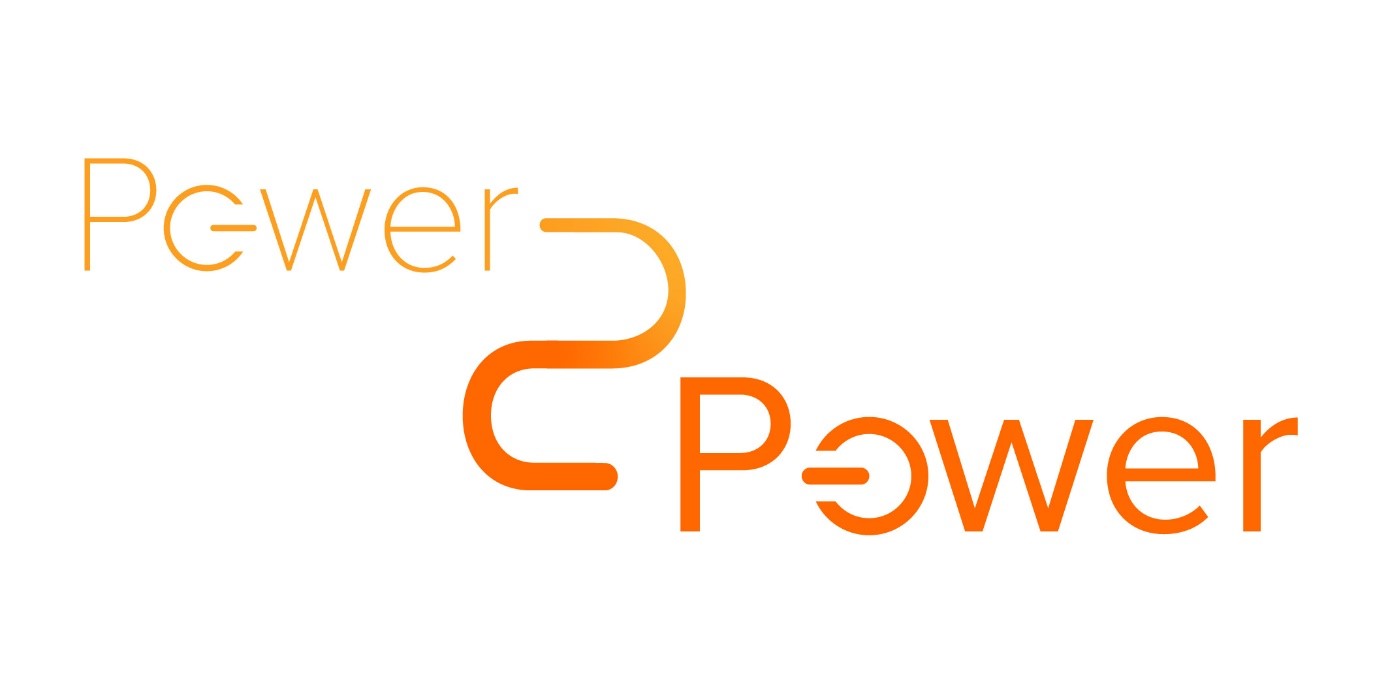
NWO Matchmaking event: Degradation and Reliability of Organic Materials
- Friday, 14 June 2019
Together with Signify, TU Delft is organizing an NWO matchmaking event on the degradation and reliability of organic materials. Topics include:
- Brainstorming on challenges and future developments of inorganic materials used in (opto) electronic components
- Reliability, degradation, and lifetime assessment of inorganic materials in microelectronic devices
- Discussing collaboration opportunities between leading industries in Europe and Dutch Universities
Date: 30th of August, 9:00-14:00
Location: HTC45, High Tech Campus, 5656 AE Eindhoven
Organizers: Prof. dr. G.Q. Zhang, Prof. dr. W.D. van Driel, Dr. M. Yazdan Mehr
Register before the 27th of August by mail to: m.yazdanmehr@tudelft.nl, for additional information check this PDF.
More ...BI/OND wints the Philips Innovation Award
- Wednesday, 8 May 2019

We are proud to announce that BI/OND, the ECTM spin-off that develops microfluidic Organ-on-Chips in silicon, won the Philips Innovation Award 2019.
This year more than 100 teams from all around the Netherlands participated to this event and the jury, chaired by Frans van Houten, CEO of Philips, awarded BI/OND as the best startup.
BI/OND gave an interview to rtlz.nl that can be watched here: link
As the winner of the PHIA2019, the 8th of May the BI/OND team had also the honour to open the stock Market in Amsterdam with the VP of Philips Research, Hans Hofstraat. To watch this event follow this link
More ...
Achievement Award for prof. G.Q. Zhang at EuroSimE
- Wednesday, 27 March 2019
Prof. G.Q. Zhang, Microelectronics Department of EWI, received the “Achievement Award” from 20th IEEE international conference on “Thermal, Mechanical and Multiphysics Simulations and Experiments in Microelectronics and Microsystems” (EuroSimE) on 26-03-2019 in Hannover, Germany.
As one of the founders, Prof. Zhang initiated this conference in 2000 in Eindhoven, to meet the increasing scientific and technology needs for multiphysics and multi-scale simulation, modelling, experiment and optimization. He served as the conference general chair for 17 years. Today, EuroSimE is a prime and very influential IEEE conference in this important academic and technologic field, with more than 10,000 annual paper download from IEEE explore system. The Award Committee chose the occasion of the 20th anniversary to recognize Prof. Zhang for his vision, strong leadership and decades’ commitment to stimulate global scientific collaboration and for his excellent scientific achievements. Prof. Zhang gave a plenary keynote talk on “EuroSimE – Mission to be accomplished”.
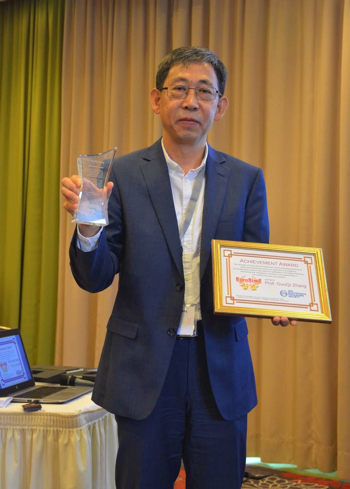
First Microelectronics Synergy Grants
- Friday, 22 February 2019
According to Professor Geert Leus who heads the ME Research Committee, the Synergy Grants are also intended to kick-start the research of young faculty, as it can be quite challenging for them to obtain funding at the beginning of their research careers. The grants cover half the costs of a PhD candidate, with the rest coming from existing research funding. ‘The submitted proposals were carefully evaluated by the ME Research Committee on the basis of their scientific quality, their clarity and feasibility, the synergy between the participating sections, and the relationship to the departmental themes. The ME Management Team (MT) then decided to award Synergy Grants to the top three proposals.’
Changes
The aim of the grants is to encourage newly emerging combinations of technologies and to facilitate cross-overs between them, thus strengthening and broadening the department's research portfolio. This goal fits seamlessly within the research strategy of ME, which has defined itself around the four themes of Health & Wellbeing, XG, Safety & Security and Autonomous Systems to better address societal challenges.
Winners
Last week, the winners were received by the ME MT. They received flowers from the head of the department (Kofi Makinwa) and had the opportunity to briefly present their proposals to the assembled MT. Below are short descriptions of the successful proposals.
Akira Endo & Sten Vollebregt: ‘The aim of our project TANDEM: Terahertz Astronomy with Novel DiElectric Materials is to develop advanced dielectric materials to realize superconducting microstrip lines with very low losses in the frequency ranges of 2-10 GHz and 100-1000 GHz. The PhD candidate will combine the dielectric deposition, characterization, material expertise and facilities of the ECTM group and the Else Kooi Laboratory, and the submillimetre wave device measurement capability of the THz Sensing Group and SRON. The aim is not only to realize low loss dielectrics, but also to understand the underlying physics that governs these losses. If successful, these microstrips will be immediately applied to enhance the sensitivity of the DESHIMA spectrometer on the ASTE telescope in Chile.’
Bori Hunyadi: ‘On one hand, the vast complexity of the human brain (10^11 neurons and 10^14 connections) enables us to process large amounts of information in the fraction of a second. At the same time, imperfections of the wiring in this vast network cause devastating neurological and psychiatric conditions such as epilepsy or schizophrenia. Therefore, understanding brain function is one of the greatest and most important scientific challenges of our times. Brain function manifests as various physical phenomena (electrical or e.g. metabolic) at different spatial and temporal scales. Therefore, the PhD candidate working on this grant will develop a novel multimodal and multiresolution brain imaging paradigm combining EEG and a novel imaging technique, fUS. The specific engineering challenge is to understand and describe the fUS signal characteristics, deal with the large amount of data it records using efficient computational tools; and finally, formulate the specification of a dedicated non-invasive, multimodal, wearable EEG-fUS device.’
Virgilio Valente & Massimo Mastrangeli: ‘The seed money of the Synergy Grant will partially support a joint PhD candidate to investigate the tight integration of an heart-on-chip device with dedicated electronic instrumentation in the same platform. Our aim is to bring sensing and readout electronics as close as possible to a cardiac tissue cultivated within a dedicated micro physiological device. The grant helps promoting the logical convergence between current departmental research activities at ECTM and BE and within the Netherlands Organ-on-Chip Initiative (NOCI) on the development of instrumented organ-on-chip devices.’

ME chairman congratulates Massimo Mastrangeli with obtaining University Teaching Qualification within a year
- Sunday, 10 February 2019
Massimo Mastrangeli completed all the modules for his Teaching Qualification within a single year and was congratulated for this achievement in person by Kofi Makinwa, the chair of the ME department.
More ...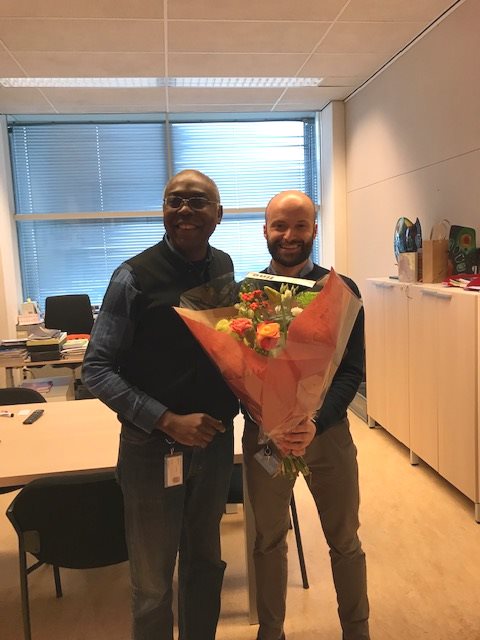
Phd thesis A single-chip micro-opto-electro-mechanical system for optical coherence tomography imaging
- Tuesday, 15 January 2019
Congratulations to Aleksandar Jovic for defending his PhD Thesis:
A single-chip micro-opto-electro-mechanical system for optical coherence tomography imaging
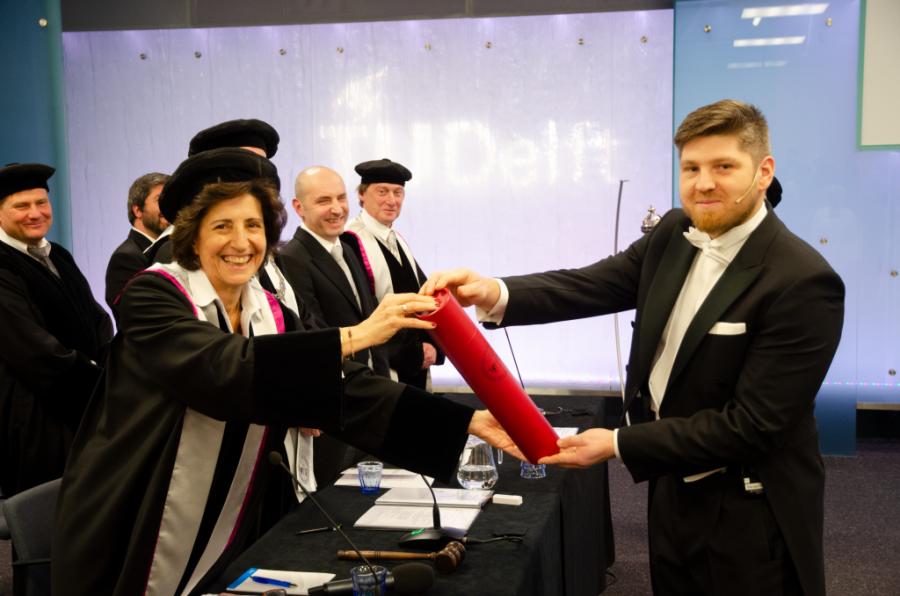
PhD thesis Surface Acoustic Mode Aluminum Nitride Transducer for micro-size liquid sensing applications
- Wednesday, 26 December 2018
Congratulations to Thu Hang Bui for obtaining her PhD thesis
More ...Nikolas Gaio won a Lush Prize
- Monday, 3 December 2018
The 16th of November one of our students, Nikolas Gaio, was awarded in Berlin with a Young Researcher Award in the Lush Prize 2018 for his work ‘Replacing animal tests with silicon chips’. This work was performed during his PhD project in ECTM.
The Lush Prize is the largest global awards programme to recognize and celebrate scientists and campaigners working to replace animals in drugs and cosmetics R&D. Now in its seventh year, it has provided more than £1.8 million to support animal-free testing and campaigns around the world.
If you want to find more about the Lush Prize, visit https://lushprize.org
More ...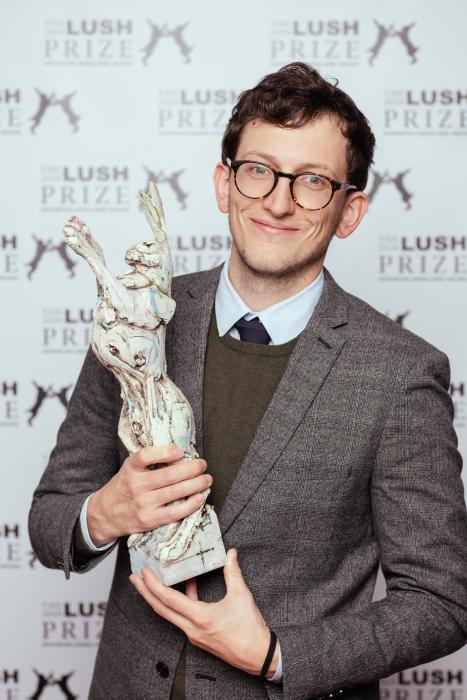
BI/OND wins Accenture Innovation Awards 2018 for Health
- Tuesday, 13 November 2018
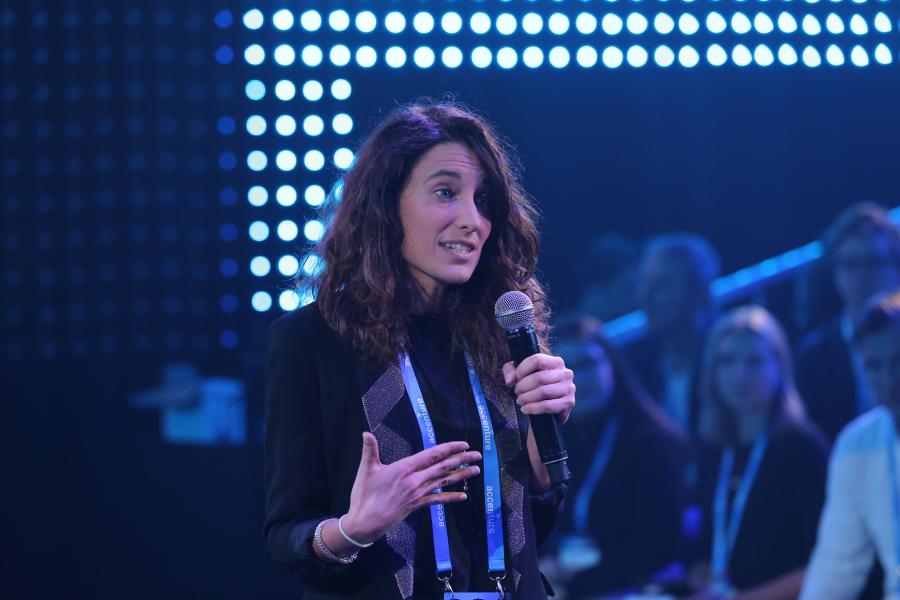
TU Delft start-up BI/OND is the winner of the Accenture Innovation Awards 2018 in the Health category.
According to the Jury:
"This year’s winner has proven that science can indeed make a difference. They are truly a learning organization. Yet as scientists, they risk staying unsung heroes. Winning today provides them with the opportunity to realize their full potential and develop into a business, making their dreams come true."
It has been a challenging journey for BI/OND. From the top 50 innovation nomination, to the Summer Nights where 25 companies were selected, through the Semi-Finals (top 10), and all the way up to the Finals (top 5), the winners of the Accenture Innovation Awards 2018 (AIA18) were finally announced on November 2nd.
The AIA18 Innovation Journey focused on 8 global themes, tackling both local and global issues. DeFabrique, the Innovation Summit’s scenery, was packed with more than 2,500 visitors from various industries and backgrounds with one thing in common: the desire to disrupt the current status quo. The jury spent hours deliberating who should be the next leading innovator of their theme, culminating in the announcement of the winners.
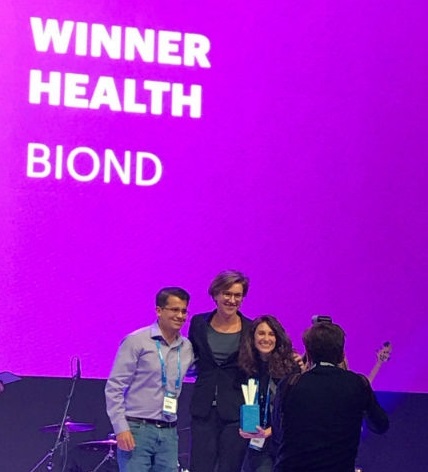
Prof. dr. Makinwa installed as KNAW member
- Monday, 24 September 2018
.jpg)
On 17 September 2018 Prof. Kofi Makinwa was inaugurated as KNAW (The Royal Netherlands Academy of Arts and Sciences) Member. KNAW Members are selected for their scientific and scholarly achievements. The 21 new Dutch KNEW Members were installed during a festive ceremony at the The Amsterdam Public Library, central branche.
Professor Kofi Makinwa builds sensors based on chip technology. One of his achievements is a wind sensor without moving parts. Sensors form the connection between the real world and computers. ‘My field involves designing smart sensors: microchips that combine sensors and signal processing,’ explains the TU Delft Professor of Microelectronics. ‘I build chips that can ‘feel’ their environment, as it were, that can process this information and subsequently transfer it to a computer, all in one. Chip technology means that we can produce them very cheaply. Tyre pressure sensors in cars are one example of such a sensor. They measure the pressure in a rotating tyre and communicate the information wirelessly to the dashboard. Or the temperature sensors that can be found everywhere nowadays: in your smartphone, your car, your household appliances. Sensors that I developed at TU Delft are now in production at companies including SiTime, AMS and NXP, and are being used in Apple’s latest gadgets, for example’. Students appreciate Makinwa's enthusiasm and involvement. Thanks to Makinwa's contacts with the industry, they can often convert their designs into real prototypes. Makinwa was previously a member of the Young Academy of the KNAW and invented a cheap weather station for developing countries.
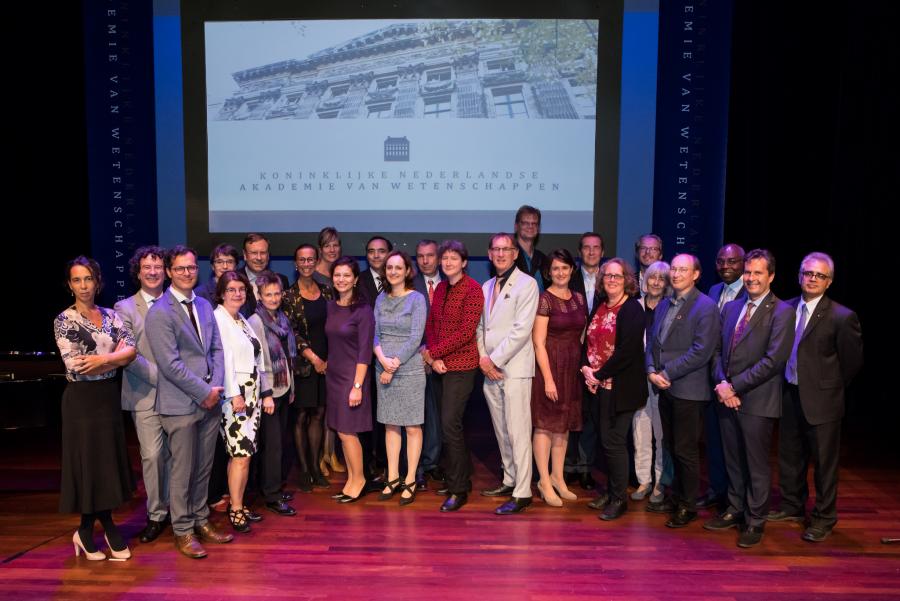
NWO-High Tech Systems and Materials proposal awarded to ECTM
- Monday, 19 March 2018
Sun sensors, which are used to determine the satellite orientation towards the sun, are a vital part of the satellite attitude control. Current commercial available sun sensors are too large and costly to be integrated in the small satellites, e.g., nanosats. Due to the low costs of these satellites, they enable a wide range of applications which otherwise would not be possible or cost-effective. By developing a sun sensor that is fully integrated on a single substrate, the overall size of the sensor can be significantly reduced and costly extra calibration is avoided. By using SiC as material, we secure high performance and high reliability under harsh environment. In addition, the sensor will not be sensitive to reflections of the earth, as it uses the parts of the light spectrum absorbed by the atmosphere.
More ...
InForMed selected as success story by the EC
- Monday, 12 March 2018
The EU-and industry-funded InForMed project has developed a new platform approach to the innovation chain for next-generation medical devices, giving a boost to European manufacturers, in particular SMEs. The project has established a facility that companies can use to manufacture and test prototype micro medical devices, ensuring European leadership in this vital technology-based sector.
Full article: click
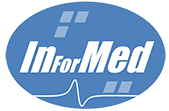
IEEE Robert Bosch MEMS Award
- Monday, 22 January 2018
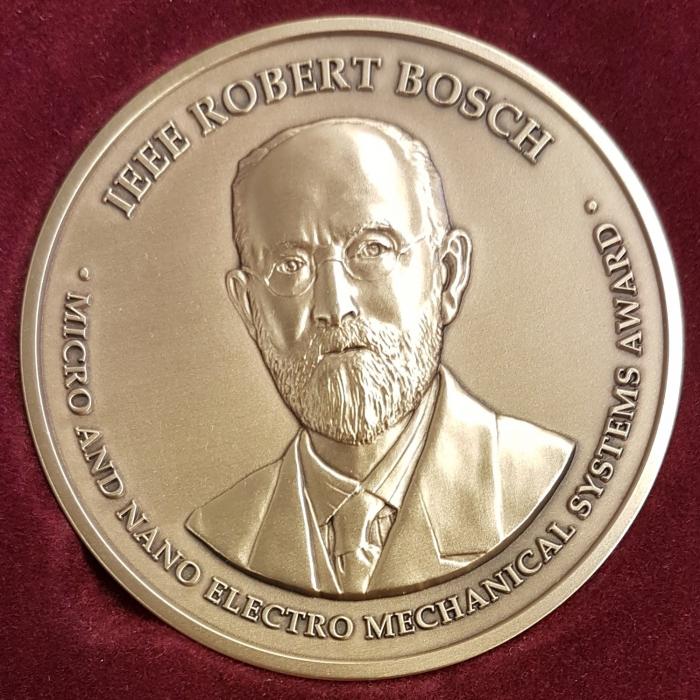
Lina Sarro is the 2018 recipient of the prestigious IEEE Robert Bosch Micro and Nano Electro Mechanical Systems Award. This award is to recognize and honor advances in the invention, design, and/or fabrication of micro- or nano- electromechanical systems and/or devices. The award citation reads “For pioneering contributions in novel materials, material integration and innovations in MEMS and strong commitment to education and technology transfer.” The award was presented at the IEEE MEMS 2018 Conference, on the 22nd of January 2018.
More ...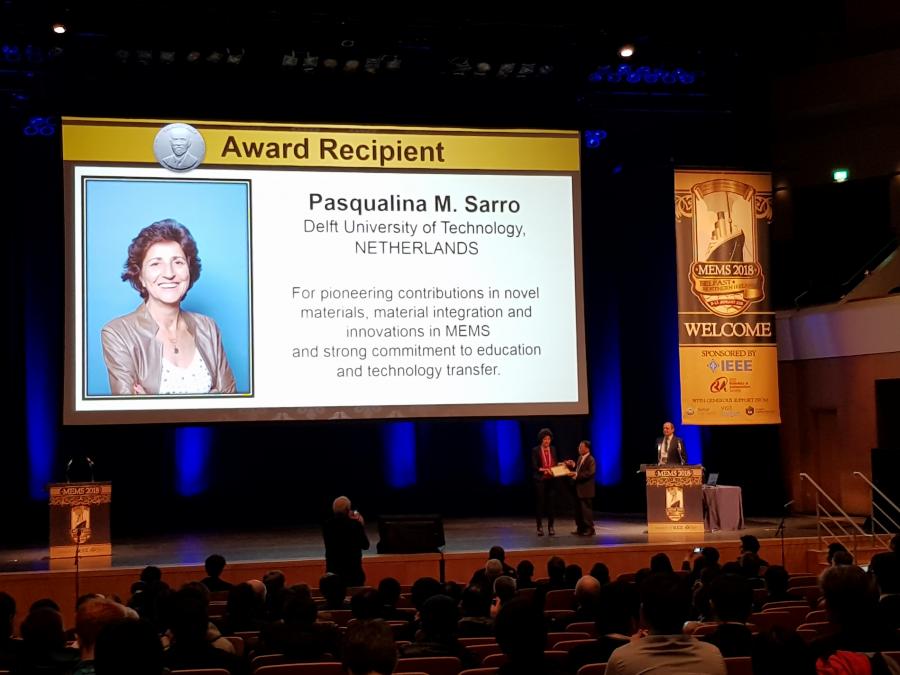
Grant for the development of smart cathethers & implants
- Wednesday, 13 December 2017
Ronald Dekker, Vasiliki Giagka, Paul de Wit, Wouter Serdijn and Lina Sarro received a grant concerning the development of smart catheters and implants. The project is financed by ECSEL Innovation actions, Call 2017.
More ...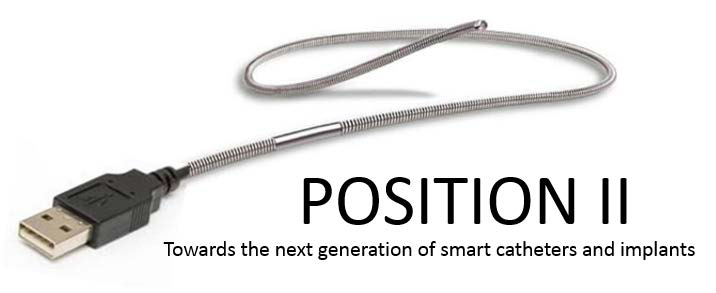
4 papers accepted @ IEEE MEMS 2018!
- Wednesday, 8 November 2017
Also this year ECTM will be present at the IEEE MEMS conference , the flagship conference in this field, and this time with 4 papers! Congratulations to Aleksandar, Juan, Nico, William and all co-authors!
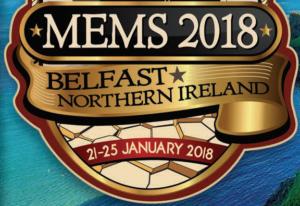
TU Delft "Female Fellowship" Tenure Track Academic Positions
- Monday, 16 October 2017
All academic levels; apply before Jan 8, 2018.
More ...
PhD thesis Solid State Lighting Color Shift
- Tuesday, 26 September 2017
Congratulations to Guangjun Lu for his PhD thesis defense on 26 September 2017
More ...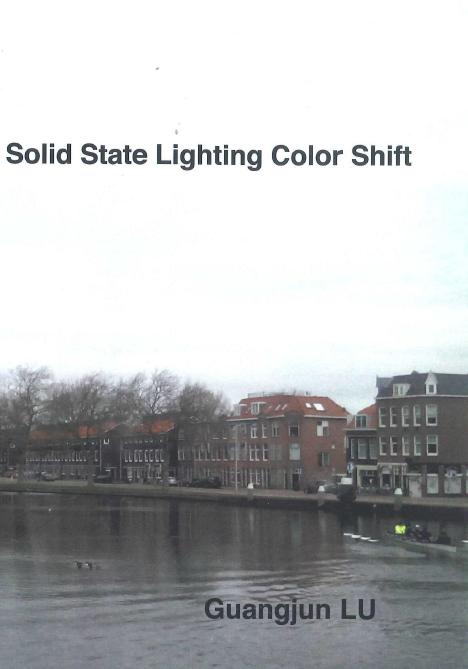
PhD thesis The Lifetime Prediction of LED Drivers and Lamps
- Tuesday, 26 September 2017
Congratulations to Bo Sun for his PhD thesis defense on 26 September 2017
More ...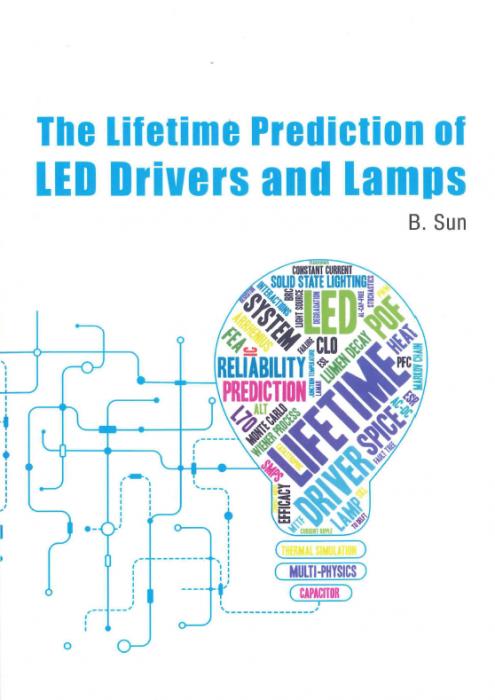
NWO Take-Off Grant for organ-on-a-chip development
- Friday, 21 July 2017
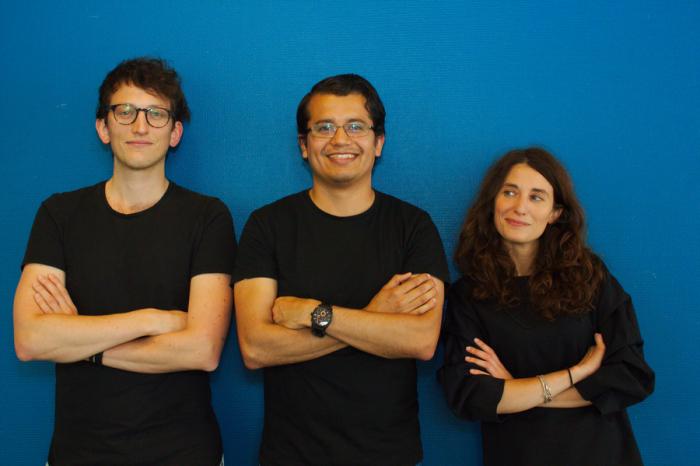
PhD candidates Cinzia Silvestri, William Quiros Solano and Nikolas Gaio (start-up Biond ) and Ronald Dekker have successfully applied for a NWO Take-Off Grant (Phase 1) for organ-on-a-chip development.
"In vitro screening is a fundamental step during drug development. A crucial need of pharmaceutical companies is to assess drug safety at the early stage of the pipeline to identify and eliminate compounds that exhibit a potential for adverse drug reactions. However, at least 462 medicinal products were withdrawn from the market between 1953 and 2014, with consequences for patients, regulatory systems and pharma companies. Therefore, the traditional screening approach, based on in vitro static cell culture assays, is considered not predictive enough. This limitation has increased the interest in more realistic models: Organs-on-chips (OOCs). Organ-on-Chips are micro-fluidics devices designed to simulate in vivo human physiology by promoting cell and tissue growth in vitro.
BIOND developed an innovative microfluidic system for OOCs that provides a dynamic micro-environment suited to highly predictive cell culture models, that allows real-time recording of a comprehensive set of data of the cell culture with a user-friendly interface. In particular, this project will aim at improving the user interface focusing on three main aspects: Usability, Functionality and Versatility"
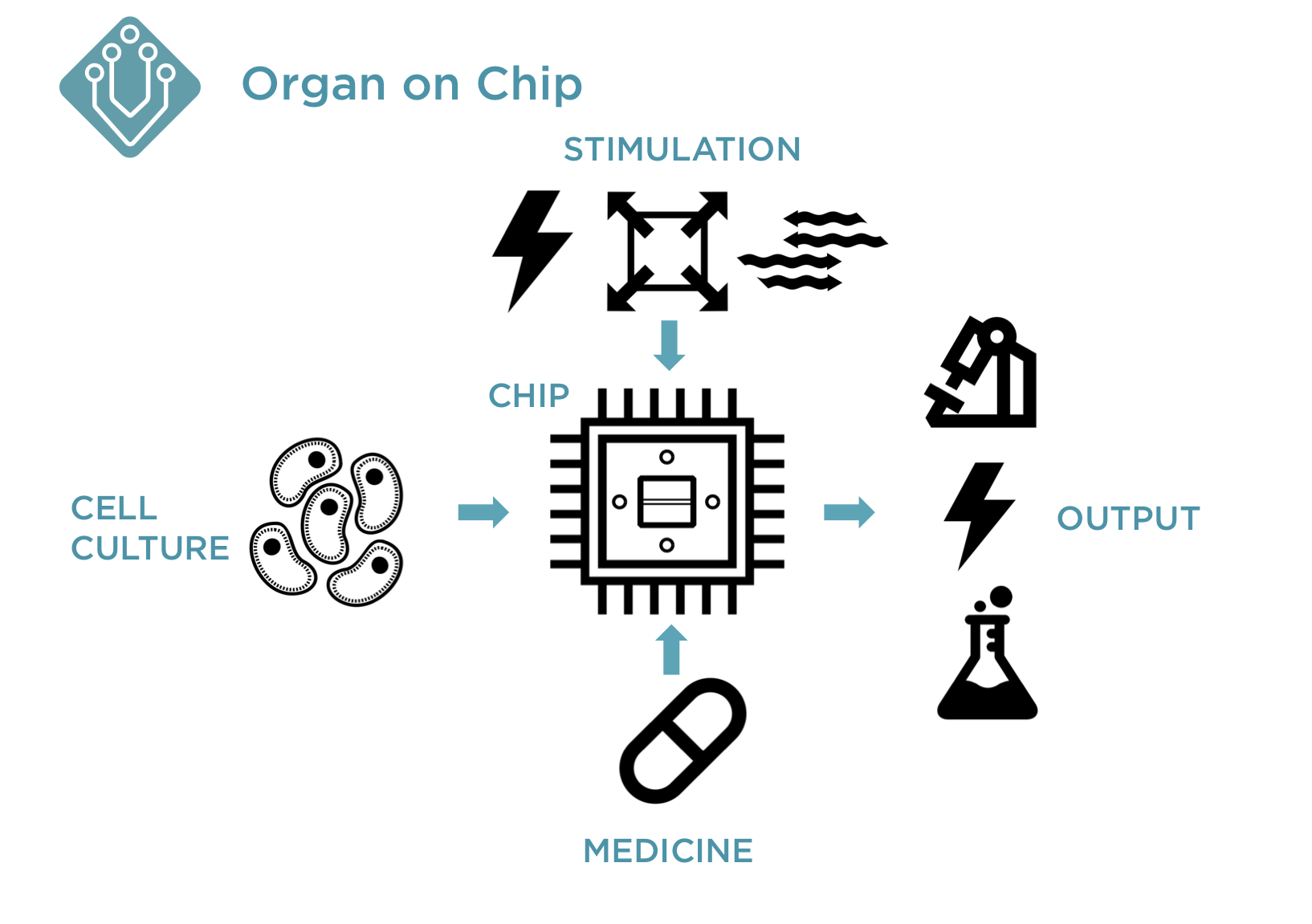
PhD thesis Carbon nanotube based solutions for on-chip thermal management
- Friday, 7 July 2017
Congratulations to Cinzia Silvestri for her PhD thesis defence on the 7th of July 2017
More ...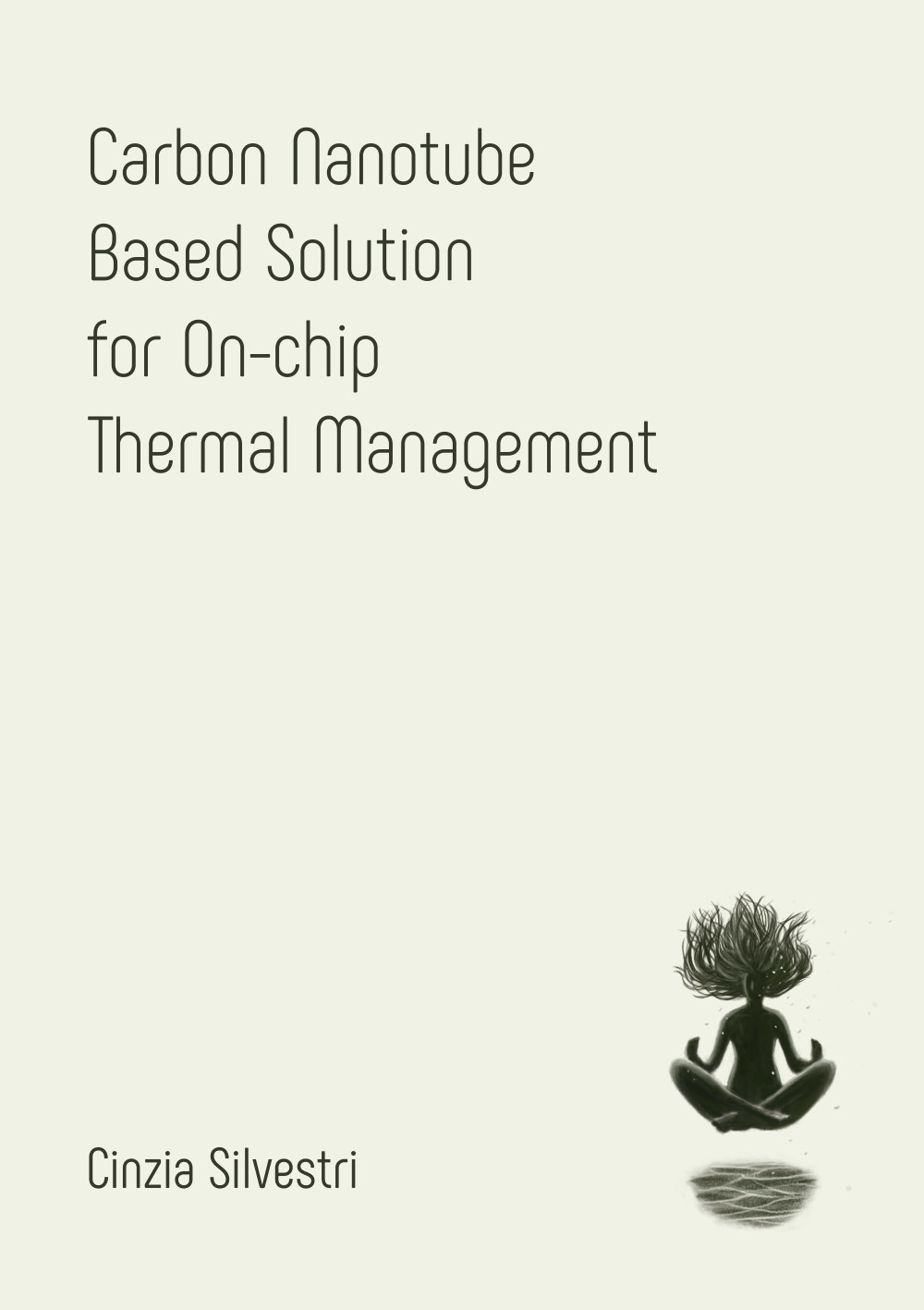
Major grant for 'Organ-on-a-chip' research
- Friday, 12 May 2017
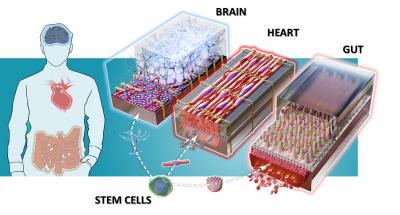
The research project NOCI (Netherlands Organ-on-Chip Initiative) has been awarded a prestigious NWO Gravitation subsidy (Zwaartekracht premie) of 18.8 million euros. The program is led by Christine Mummery, Professor of Developmental Biology at the LUMC and UT, and involves five other renowned scientists: Michel Ferrari (neurologist, LUMC), Albert van den Berg (nanotechnologist, UT), Hans Clevers (cell biologist, Hubrecht Institute), Cisca Wijmenga (human geneticist, UMCG) and Lina Sarro (nanotechnologist, TU Delft), all linked to the organ-on-chip consortium Human Organ and Disease Model Technologies (hDMT). NOCI aims at creating a new platform, based on a combination of human stem cells and microchips, to learn more about the development of diseases and to better predict the effect of medicines, and will be a decisive step towards personalized health care.
Prof Lina Sarro: ‘The three-dimensional micro- and nano-structuring of silicon and polymers developed at TU Delft enables us to replicate organ functions precisely and reproducibly. Electrodes and sensors can be integrated in order to provide electromechanical stimulation and read out of the cells. In addition, the IC (integrated circuit)-compatible microfabrication techniques used allow large-scale production with high reproducibility, which is essential for a wide use and later commercialisation of these devices’.
For more information:EEMCS website
hDMT website
Photograph by: Melvin Tas
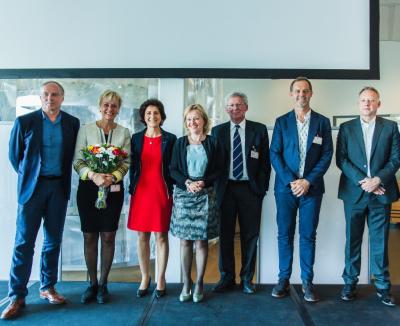
PhD thesis Monolithic 3D Wafer Level Integration: Applied for Smart LED Wafer Level Packaging
- Thursday, 19 January 2017
Congratulations to Zahra Kolahdouz Esfahani for her PhD thesis defense on 19 January 2017
More ...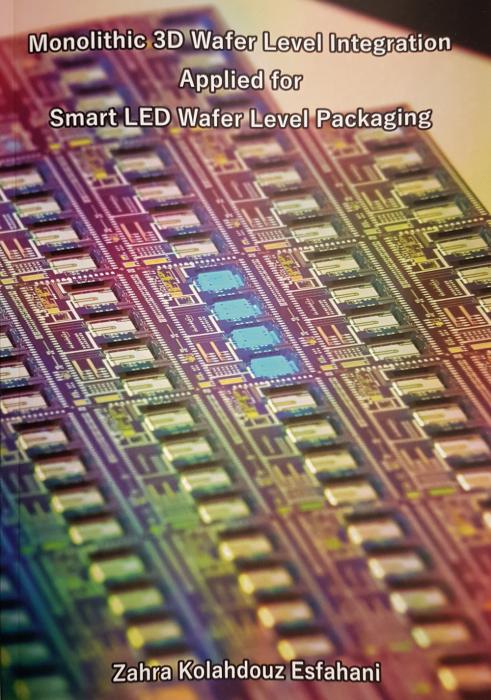
Best poster award Sense of Contact
- Wednesday, 18 January 2017
Congratulations to Sten Vollebregt for winning the best poster award at the 18th Sense of Contact conference!

3 papers accepted @ IEEE MEMS 2017
- Friday, 11 November 2016
For the second year in a row, ECTM will be present at the IEEE MEMS conference , the flagship conference in this field, with 3 papers! Congratulations to Cinzia, Violeta, Aleksandar and all co-authors!
More ...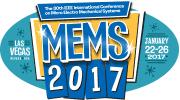
Vacancy: Team manager for Electrical Engineering Education (EEE)
- Thursday, 6 October 2016
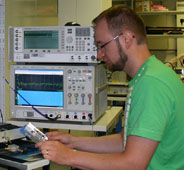
The Faculty of EEMCS is creating a special team to fully focus on teaching using our unique and innovative ‘Delft method’. This method integrates practical and theoretical electrical engineering education and trains students to be hands-on, theoretically versed electrical engineers ready for a future career in science or industry.
We are looking for a team manager specialising in Electrical Engineering Education (EEE) who will be both a group leader and a teacher in his/her capacity as the role model of EE Education.
More information
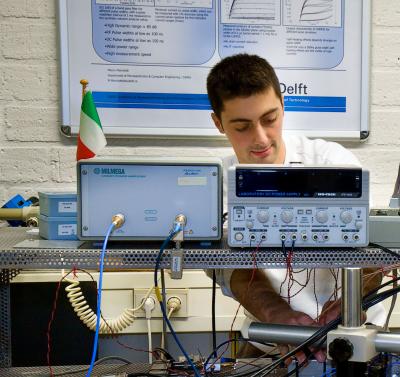
Best student lecture award Eurosensors
- Tuesday, 20 September 2016
On the closing ceremony of the XXXth Eurosensors Conference, held in Budapest, Hungary from 4 to 7 September, the Best Student Lecture Award was given to: Ronald Stoute et al. �Intravascular Ultrasound at the tip of a guidewire: Concept and first assembly steps� Congratulations to Ronald and his co-authors!
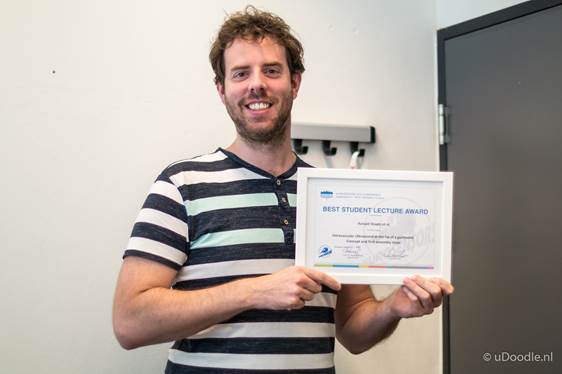
Thermal characterization of carbon nanotube foam using MEMS microhotplates and thermographic analysis
- Friday, 1 April 2016
Thermal material properties play a fundamental role in the thermal management of microelectronic systems. The porous nature of carbon nanotube (CNT) arrays results in a very high surface area to volume ratio, which makes the material attractive for surface driven heat transfer mechanisms. Here, we report on the heat transfer performance of lithographically defined micropins made of carbon nanotube (CNT) nanofoam, directly grown on microhotplates (MHPs). The MHP is used as an in situ characterization platform with controllable hot-spot and integrated temperature sensor. Under natural convection, and equivalent power supplied, we measured a significant reduction in hot-spot temperature when augmenting the MHP surface with CNT micropins. In particular, a strong enhancement of convective and radiative heat transfer towards the surrounding environment is recorded, due to the high aspect ratio and the foam-like morphology of the patterned CNTs. By combining electrical characterizations with high-resolution thermographic microscopy analysis, we quantified the heat losses induced by the integrated CNT nanofoams and we found a unique temperature dependency of the equivalent convective heat transfer coefficient, Hc. The obtained results with the proposed non-destructive characterization method demonstrate that significant improvements can be achieved in microelectronic thermal management and hierarchical structured porous material characterization.
More ...
Prof. Sarro appointed Knight of the Order of the Star of Italy (OSI) by the President of the Italian Republic, Sergio Mattarella
- Thursday, 17 March 2016
On March 14, the Italian ambassador, Francesco Azzarello, presented the award to Prof. Sarro at the Italian embassy in The Hague, in the presence of the Rector, Prof Karel Luyben, and the Dean of the EEMCS faculty, Prof Rob Fastenau.
�the Order of the Italian Star rewards Italian people who distinguish themselves abroad and deepen relations between Italy and other countries. Prof Sarro was elevated in recognition of her academic merits and prestigious achievements�
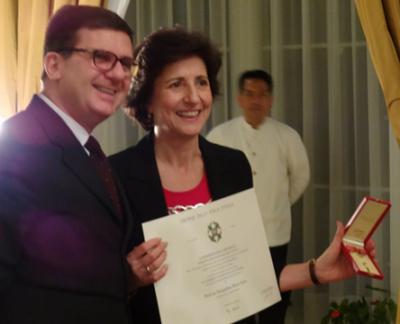
PhD thesis Multi-Scale Material and Technology for Heterogeneous Integration
- Wednesday, 20 January 2016
Congratulations to Rene Poelma for his PhD thesis defense on January 20, 2016
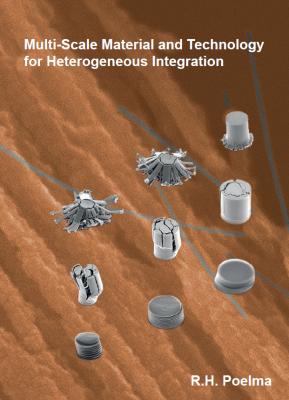
PhD thesis Interface Properties of Grouo-III-Element Deposited-Layers Integrated in High-Sensitivity Si Photodiodes
- Monday, 18 January 2016
Congratulations to Lin Qi for his PhD thesis defense on January 18, 2016
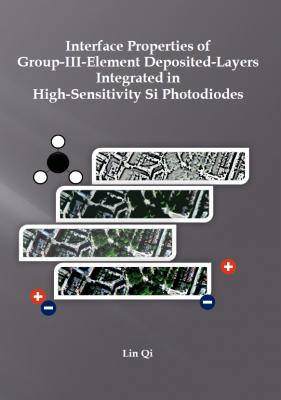
Happy 2016!
- Thursday, 14 January 2016
Here are some pictures of the New Year Reception of the Microelectronics department
More ...
Nikolas Gaio has won Best Student Paper Award
- Thursday, 26 November 2015
Nikolas Gaio, PhD of the Electronics Components, Technology Materials Group has won the Best Student Paper Award on the IEEE Sensor 2015 Conference in Busan (South Korea)1-4 November 2015
The title of his paper is: Upside-down Carbon Nanotube (CNT) Micro-electrode Array (MEA), other authors are: B. van Meer, C. Silvestri, S. Pakazad, S. Vollebregt, C.L. Mummery, R. Dekker.
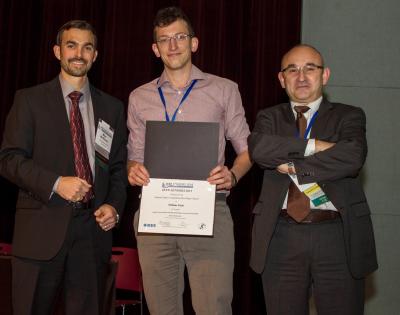
PhD thesis Organic Materials Degradation in Solid State Lightning Applications
- Monday, 23 November 2015
Congratulations to Maryam Yazdan Mehr for her PhD thesis defense on November 23, 2015
More ...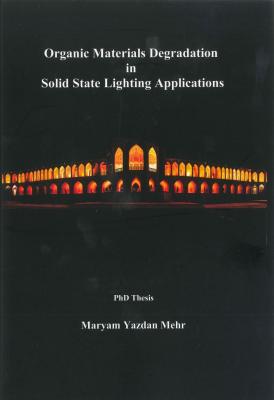
TU Delft Female Fellowship Tenure Track Openings
- Friday, 9 October 2015
Academic openings at all professor levels
More ...
The direct growth of carbon nanotubes as vertical interconnects in 3D integrated circuits
- Friday, 2 October 2015
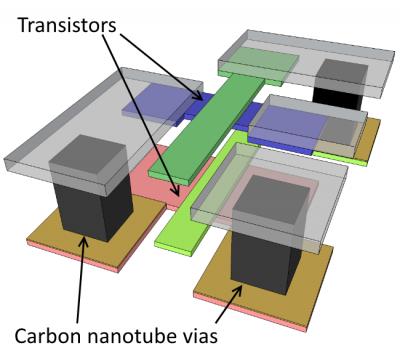
An article of Ryoichi Ishihara and Sten Vollebregt from the ECTM group of the Microelectronics Department has been published in the magazine Carbon on September 30 2015. Ishihara and Vollebregt managed to integrate for the first time carbon nanotubes with transistors. They demonstrated that these processes are compatible with each other.
Project information
Read the article
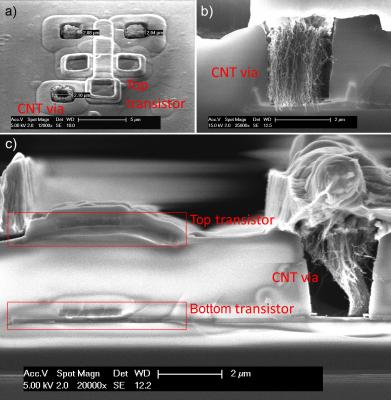
QuTech enters in collaboration with Intel
- Thursday, 3 September 2015
Intel and QuTech, the quantum institute of TU Delft and TNO, have finalised plans for a ten-year intensive collaboration, along with financial support for QuTech totalling approximately $50 million.
More ...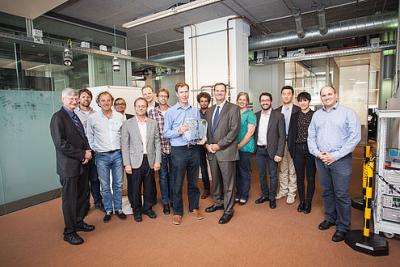
PhD thesis Silicon Carbide Technologies applied to MEMS Nanoreactors for in-situ Transmission Electron Microscopy
- Friday, 17 July 2015
Congratulations to Bruno Morana for his PhD thesis defense on July 17, 2015
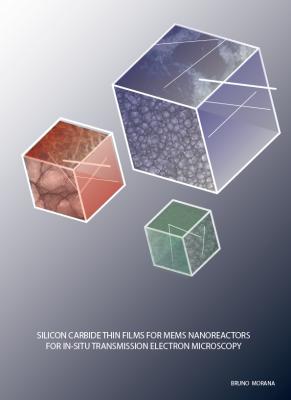
ISCAS 2015 Keynote Presentation Ronald Dekker online
- Monday, 13 July 2015
Ronald Dekker's Keynote: ?From Chips for the Living to Living Chips?
Micro-fabricated devices are finding their way to the frontend of medical equipment, where they are the interface between body, or in general living tissue, and machine. They enable better and cheaper diagnostic equipment, they add ?eyes and ears? to minimally invasive instruments such as laparoscopic instruments and catheters, they allow for un-obtrusive monitoring of body functions, they add functionality to implants, and they enable the development of better and personalized medicines. Despite their great promise it has been proven difficult to bring these devices out of the laboratory phase into production. One of the reasons is the lack of a suitable fabrication infrastructure. Much more than standard CMOS or MEMS devices, these medical devices rely on the processing of novel materials, especially polymers, in combination with advanced molding, micro-fluidics, and assembly technologies. At the same time these devices have to be fabricated under strict quality control conditions in a certified production environment.
In the recently granted ECSEL project ?InForMed? a supply chain for the pilot fabrication of these medical devices is organized, which brings together key European technology partners in an integrated infrastructure linking research to pilot and high volume production. The pilot line is hosted by Philips Innovation Services, and open to third party users.
Speaker Biography:
Ronald Dekker received his MSc in Electrical Engineering from the Technical University of Eindhoven and his PhD from the Technical University of Delft. He joined Philips Research in 1988 where he worked on the development of RF technologies for mobile communication. Since 2000 his focus shifted to the integration of complex electronic sensor functionality on the tip of the smallest minimal invasive instruments such as catheters and guide-wires. In 2007 he was appointed part time professor at the Technical University of Delft with a focus on Organ-on-Chip devices. He published in leading Journals and conferences and holds in excess of 50 patents.
More ...
PhD thesis Development of Silicon Drift Detectors using Boron layer technology
- Tuesday, 30 June 2015
Congratulations to Negin Golshani for her PhD thesis defense on June 29, 2015
More ...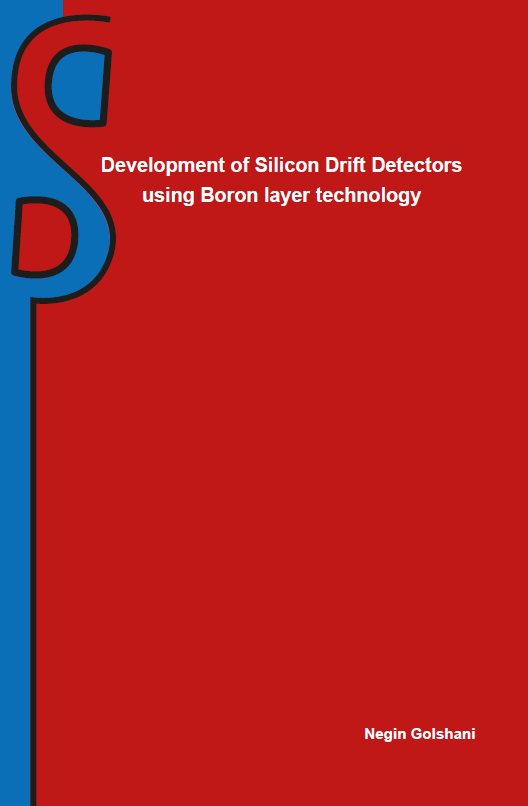
PhD thesis High Aspect-Ratio MEMS Devices for the next generation of THZ/MHZ Passive Components
- Tuesday, 16 June 2015
Congratulations to Giuseppe Fiorentino for his PhD thesis defense on June 16, 2015
More ...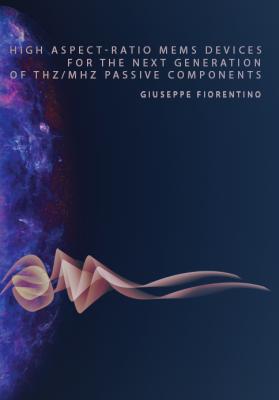
PhD thesis Stretchable Micro-Electrode Arrays for Electrophysiology
- Monday, 15 June 2015
Congratulations to Saeed Khoshfetrat Pakazad for his PhD thesis defense on June 15, 2015
More ...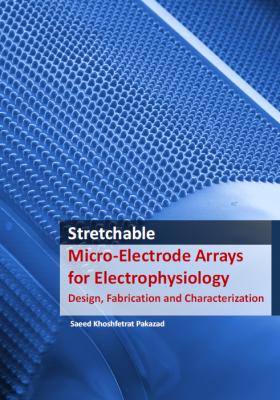
Printing Silicon on Paper, with Lasers
- Wednesday, 29 April 2015
A recent publication by Ryoichi Ishihara and Miki Trifunovic in Applied Physics Letters has been highlighted by the American Institute of Physics
More ...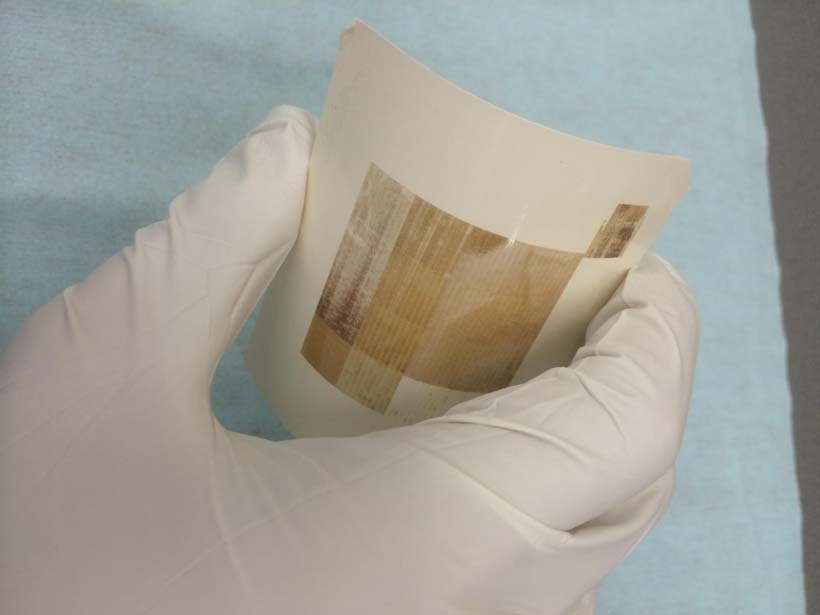
Congratulations to Prof. dr. Sarro with her royal honour
- Friday, 24 April 2015
Professor Lina Sarro, professor of micro-electronics at the Faculty of Electrical Engineering, Mathematics and Computer Science, has been made a Knight in the Order of the Netherlands Lion, in The Hague.
She received the award because of her original research that resulted in a large scientific body of work and because of her in-depth involvement with her many students. Her pioneering work in the 1980s in the field of infrared sensors led to international acclaim. Since 1987, she has been in charge of research into micro and nanosystems (MEMS and NEMS) at the Else Kooi Lab, which was known previously as the Dimes Institute for Microsystems and Nanoelectronics.
Professor Sarro has published more than 200 articles in scientific journals and has received awards for her work on several occasions. In 2004, she received the Eurosensors Fellow Award, in 2007 the AISEM Career Award, and in 2012 the IEEE Sensors Council Meritorious Award. She is also a member of the Royal Netherlands Academy of Arts and Sciences (KNAW) and a fellow of the Institute of Electrical and Electronics Engineers. She has been praised on account of both her scientific work and her unfailing commitment to providing teaching of a high standard.
To her students, from both inside and outside the Netherlands, she is a figurehead. This applies perhaps in particular to female students and academics. In 2005, Professor Sarro became the first female to join the TU Delft Council of Professors. She is dedicated to emphasising the role of female scientists, in the conviction that it is a waste to use only half of our scientific assets. Her outstanding scientific reputation ensures that her voice is heard in this, and in other issues.
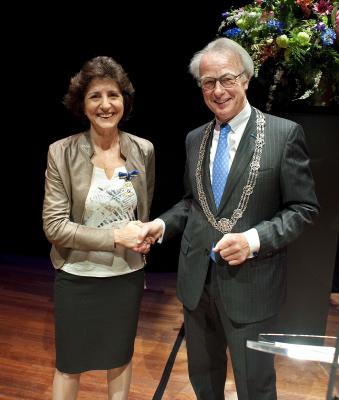
PhD thesis Fast Qualification of Solder Reliability in Solid-state Lightning System
- Friday, 24 April 2015
Congratulations to Jing Zhang for his PhD thesis defense on April 24, 2015
More ...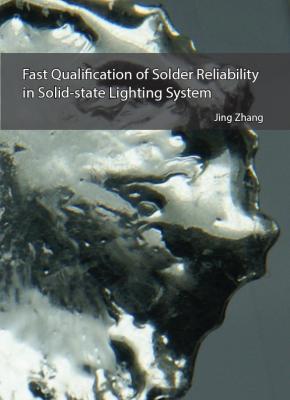
PhD thesis Single-grain Silicon Technology for Large Area X-ray Imaging
- Tuesday, 14 April 2015
Congratulations to Aslıhan Arslan for her PhD thesis defense on April 14, 2015
More ...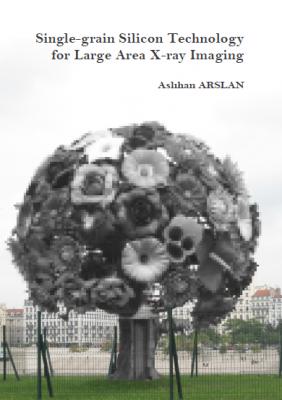
Else Kooi Award ceremony at ICT Open
- Wednesday, 25 March 2015
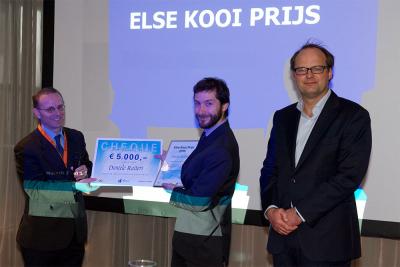
The 2015 Else Kooi Award has been granted to Dr Daniele Raiteri for his scientific research on Technology-Aware Circuit Design for Smart Sensors on Plastic Foils. The Else Kooi Award is an annual award for young researchers in the field of applied semiconductor research conducted in the Netherlands. The award comes with a prize of 5,000 euros.
Raiteri has received the award during a special ceremony at the ICT.OPEN symposium on March 25th. The award was presented by the board of the Else Kooi Award foundation professor Nauta, chair of the foundation (TU Twente) and professor Edoardo Charbon. Edoardo Charbon from the microelectronics department of the EEMCS faculty holds the position of secretary of the Else Kooi Award Foundation.
Dr Raiteri?s research is focused on organic semiconductors. This emerging technology has specific features which severely complicate the design of circuits and systems, such as low transconductance, gain and speed, as well as high component variability. Dr Raiteri has devised several new solutions that have shown to be extremely robust to variability, achieving significantly better gain-bandwidth products in amplifiers and exceptional signal-to-noise ratios in voltage-controlled oscillators.
Photos by: Thijs ter Hart

PhD thesis Low temperature PureB technology for CMOS compatible photodetectors
- Monday, 9 March 2015
Congratulations to Vahid Mohammadi for his PhD thesis defense on March 9, 2015
More ...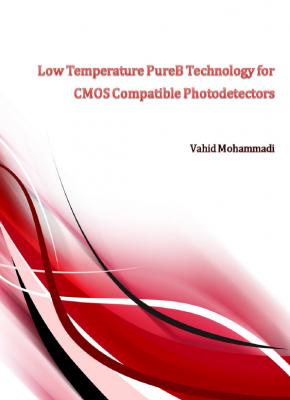
PhD thesis Liquid-Si Technology for High-Speed Circuits on Flexible Substrates
- Monday, 26 January 2015
Congratulations to Jin Zhang for her PhD thesis defense on January 26, 2015
More ...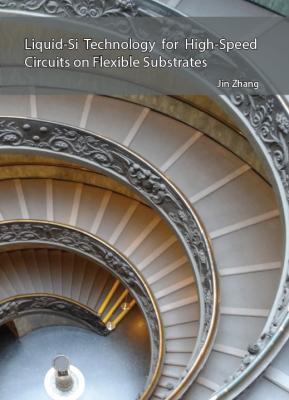
Farewell symposium Prof. dr. Kees Beenakker
- Tuesday, 11 November 2014
On the 11th November the 'Prof. Beenakker Symposium' was held to say farewell to Kees Beenakker, which became emeritus. The speakers of the symposium consisted of guests from industry and academia: NWO, Tsinghua University, Philips Lightning, Boschman BV and TU Delft, and was attended by many guests and students.
More ...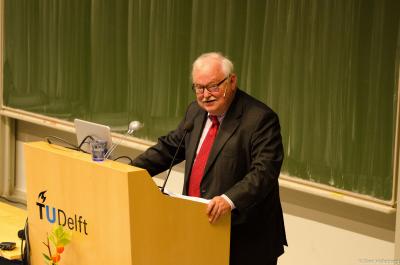
QuTech appointed as 'national icon'
- Friday, 7 November 2014
The Ministery of Economic Affairs has named 4 innovations as 'national icon'; QuTech is one of them. "National icons are innovations which generate future welfare and help to solve mondial problems." The icons will receive a national support podium, including a minister or secretary of state as ambassador.
In the Department of Microelectronics, prof. Edoardo Charbon and dr. Ryochi Isihara are 2 of the 5 EWI faculty members directly involved in QuTech.
More ...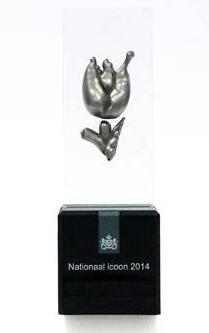
IEEE Sensors 2014 best paper awards
- Thursday, 6 November 2014
Congratulations to Cinzia and Ronald for getting the IEEE Sensors best paper awards in topic 1 and 8!
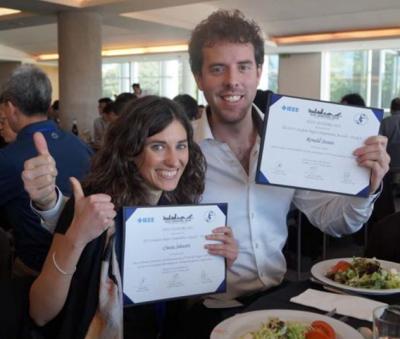
Best poster prize at EEMCS PhD event
- Thursday, 6 November 2014
Congratulations to Yelena Grachova for winning the best poster prize of the faculty PhD event
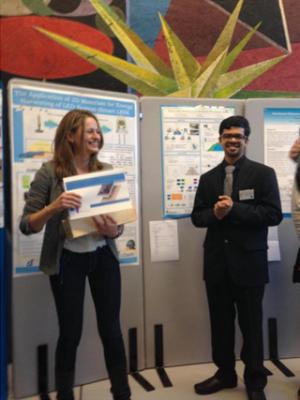
Fast and inexpensive roll-to-roll manufacturing of silicon transistors on plastic films
- Monday, 6 October 2014
The research of Dr. Ishihara on the low temperature fabrication of flexible electronics on plastics is featured in this quarter's edition of the Delft Outlook.
More ...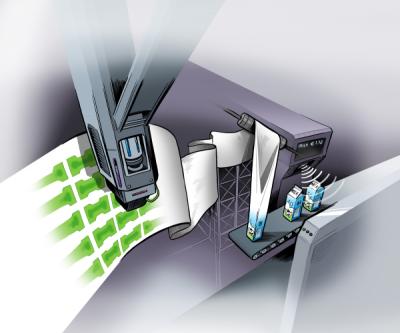
PhD thesis A Systematic Approach to Address the Reliability of Solid State Lighting Drivers
- Thursday, 18 September 2014
Congratulations to Sima Tarashioon for her PhD thesis defense on September 18, 2014
More ...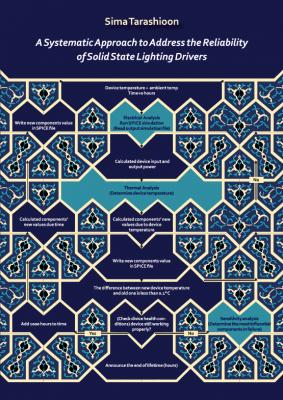
PhD thesis Thermal Management of Solid State Lighting Module
- Wednesday, 10 September 2014
Congratulations to Huaiyu Ye for his PhD thesis defense on September 10, 2014
More ...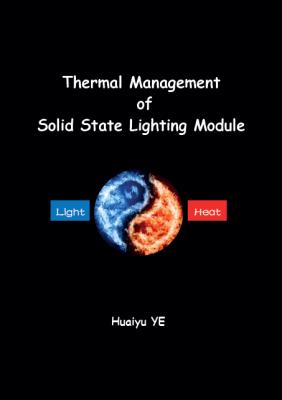
PhD thesis SiGe heterojunction bipolar transistors with Schottky collector contacts
- Tuesday, 9 September 2014
Congratulations to Gianpaolo Lorito for his PhD thesis defense on September 9, 2014
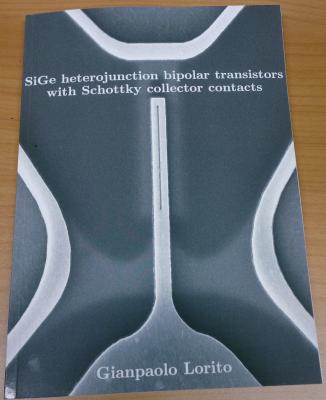
Paper selected for frontispiece of Advanced Functional Materials
- Monday, 1 September 2014
Congratulations to Ren? Poelma et al. for their paper in Advanced Functional Materials being selected as frontispiece.
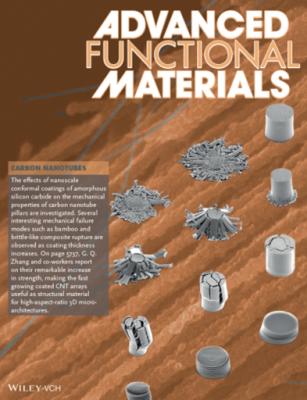
Micromachined nanoreactors fabricated in DIMES enable the study of catalyst dynamics under industrial operating conditions
- Wednesday, 30 July 2014
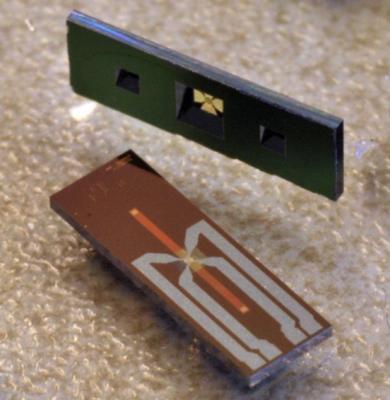
A unique collaboration between microsystems technology specialists of the ETCM group of the Microelectronics Department of TU Delft and catalyst researchers from industry (Haldor Topsoe, Albemarle Corporation) and universities (TU Delft, Leiden) has led to an innovative method to study catalyst dynamics under industrial operating conditions.
The process uses a technique called high-resolution electron microscopy to monitor atomic changes in the catalyst structure during the catalytic process. Unlike conventional electron microscopy, which has considerable pressure and temperature limitations, this new technique allows scientists to view these reactions under real-life (in-situ) conditions.
The key to the success of this new technique is the surface micromachined nanoreactor. This revolutionary device has been designed by members of the ECTM group and fabricated in DIMES. The device is a miniaturize gas reaction chamber consisting of a surface micromachined channel interfaced by gas inlets/outlets. It integrates a microheater to locally provide high temperatures, and electron transparent windows to observe the in-situ reactions between gases and catalyst nanoparticles.
More information
Nature material publication: Visualization of oscillatory behaviour of Pt nanoparticles catalysing CO oxidation
Information about the design
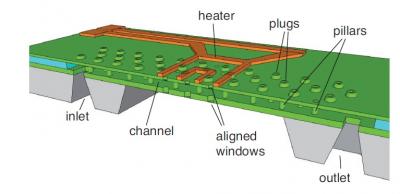
ECTM-Dimes excursion to SRON, Castle de Haar and Utrecht
- Monday, 30 June 2014
On the 30th of June the annual ECTM-Dimes excursion was held, consisting of a visit to SRON and Castle de Haar and a tour through the canals in Utrecht
More ...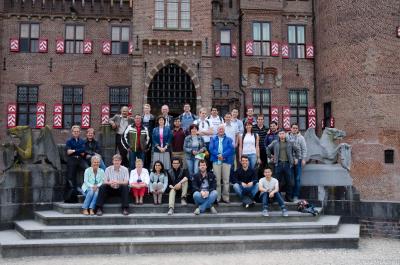
PhD thesis AlN Piezoelectric Films for Sensing and Actuation
- Wednesday, 16 April 2014
Congratulations to Tran Trong An for his PhD thesis defense on April 16, 2014
More ...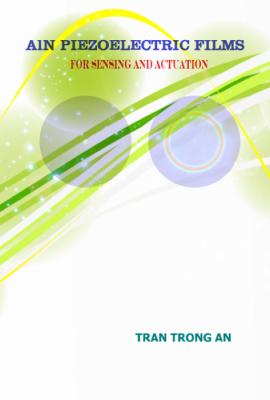
PhD thesis Carbon Nanotubes as Vertical Interconnects in 3D Integrated Circuits
- Friday, 7 March 2014
Congratulations to Sten Vollebregt for his PhD thesis defense on March 7, 2014
More ...
Best paper award
- Saturday, 1 February 2014
Congratulations to Sten Vollebregt for his Best Paper Award @ ITC 2014
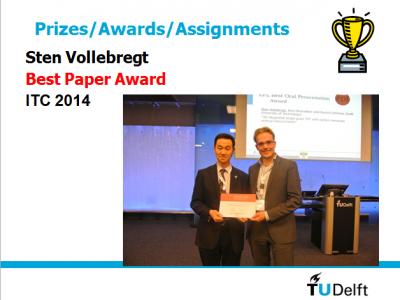
PhD thesis MIP Plasma Decapsulation of Copper-wired Semiconductor Devices for Failure Analysis
- Wednesday, 15 January 2014
Congratulations to Jiaqi Tang for his PhD thesis defense on Januari 15, 2014
More ...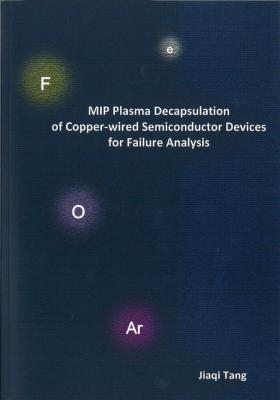
PhD thesis IC Compatible Wafer Level Fabrication of Silicon Nanowire Field Effect Transistors for Biosensing Applications
- Monday, 9 December 2013
Congratulations to Thomas Moh Shan Yau for his PhD thesis defense on December 9, 2013
More ...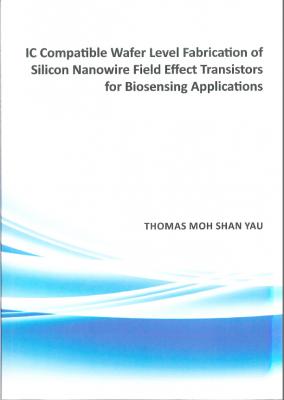
IEEE Fellow
- Friday, 18 October 2013
Congratulations to Prof. Kouchi Zhang for being an IEEE Fellow
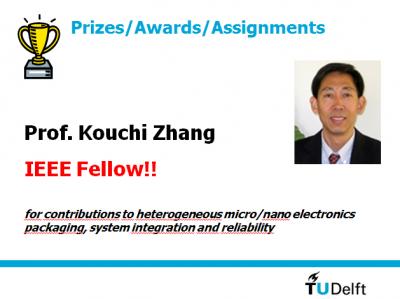
Best Paper Award
- Tuesday, 23 July 2013
Congratulations to Jin Zhang for her Best Paper Award @ “AM-FPD” 2013
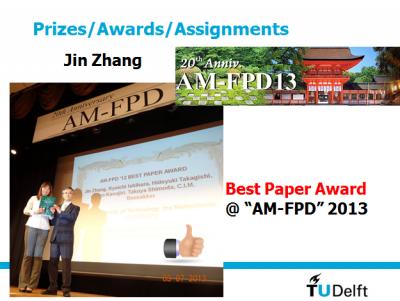
Eurosensors 2013 Fellow Award
- Thursday, 18 July 2013
Congratulations to Fredrik Creemer for his Eurosensors 2013 Fellow Award @Transducers 2013, Barcelona
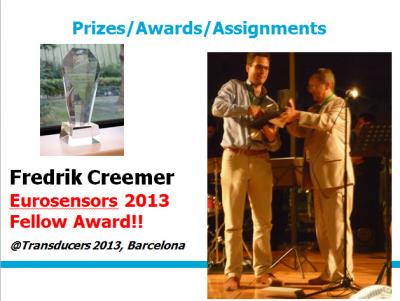
PhD thesis Flexible Sensors for Minimally Invasive Medical Instruments
- Monday, 22 April 2013
Congratulations to Benjamin Mimoun for his PhD thesis defense on April 22, 2013
More ...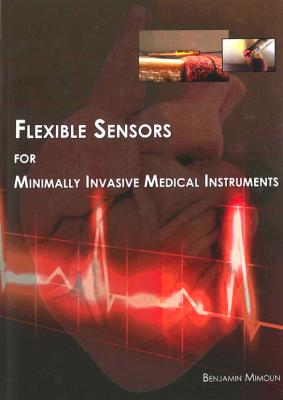
PhD thesis Hybrid Wafer-Level Packaging for RF MEMS and Optoelectronic Applications
- Thursday, 7 March 2013
Congratulations to Jun Tian for his PhD thesis defense on March 7, 2013
More ...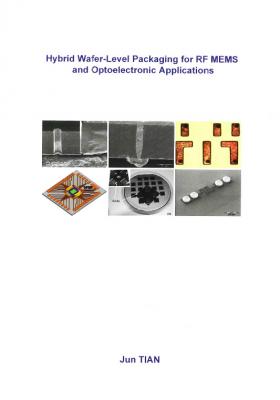
PhD thesis Light management in thin-film silicon solar cells
- Monday, 28 January 2013
Congratulations to Olindo Isabella for his PhD thesis defense on January 28, 2013
More ...